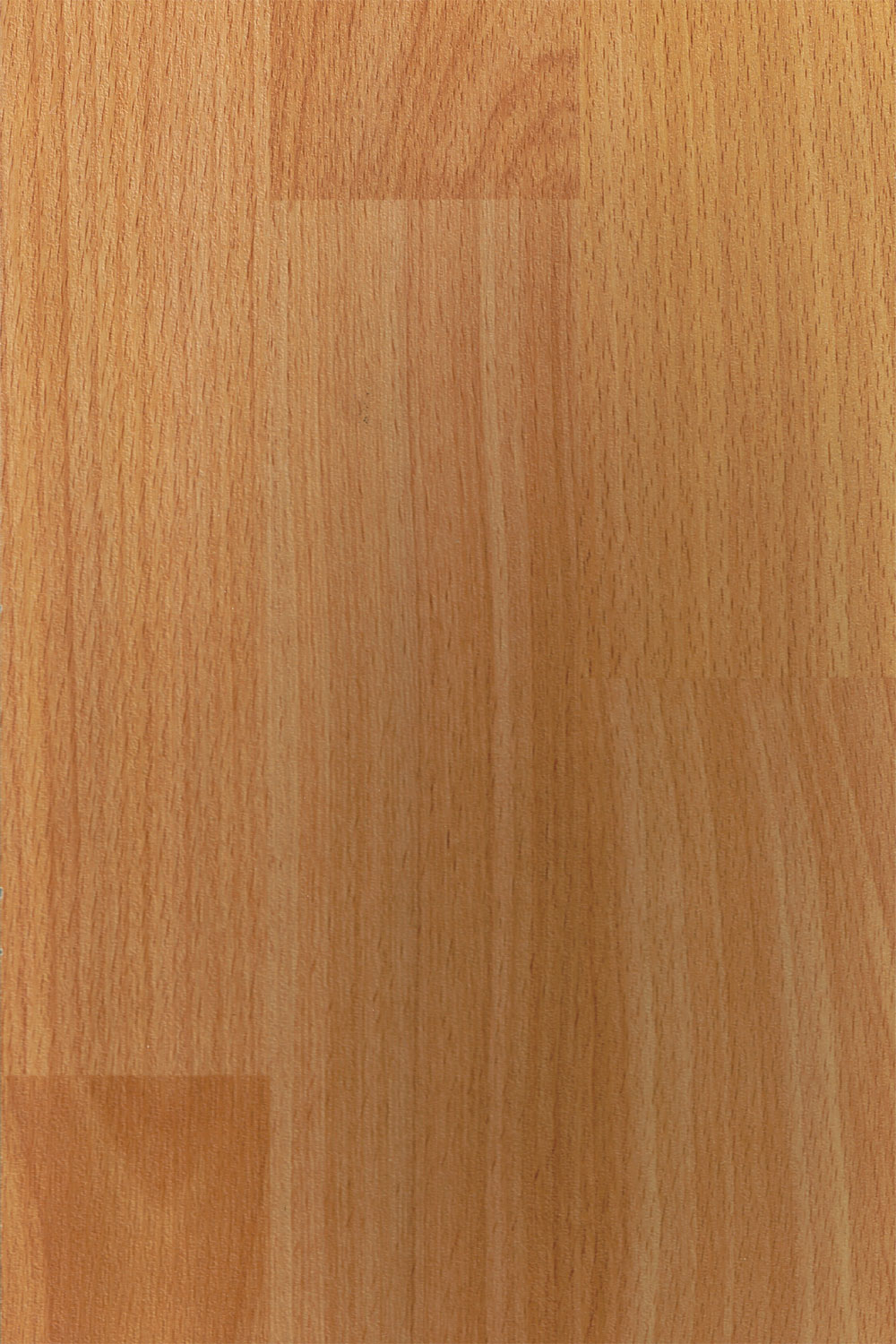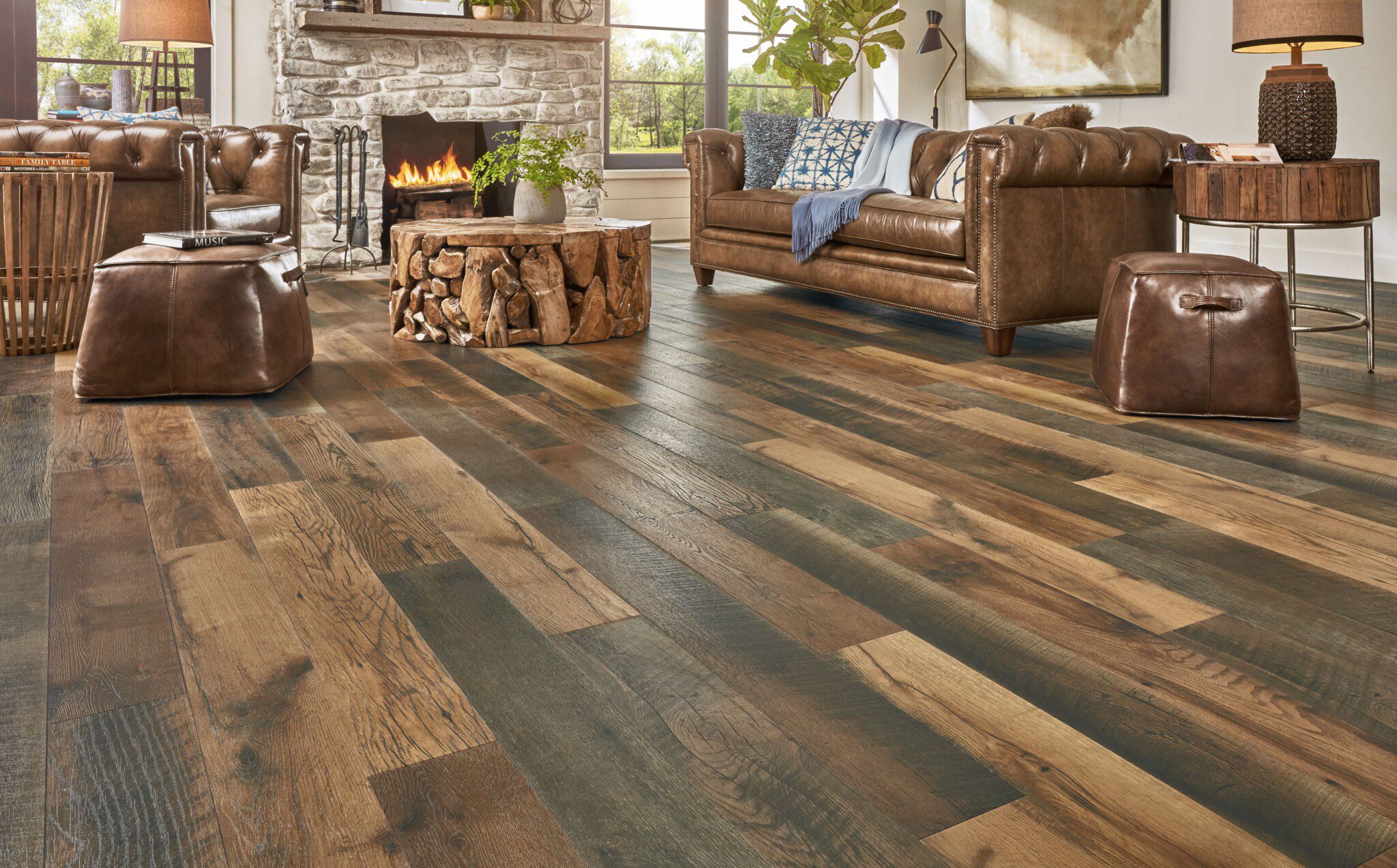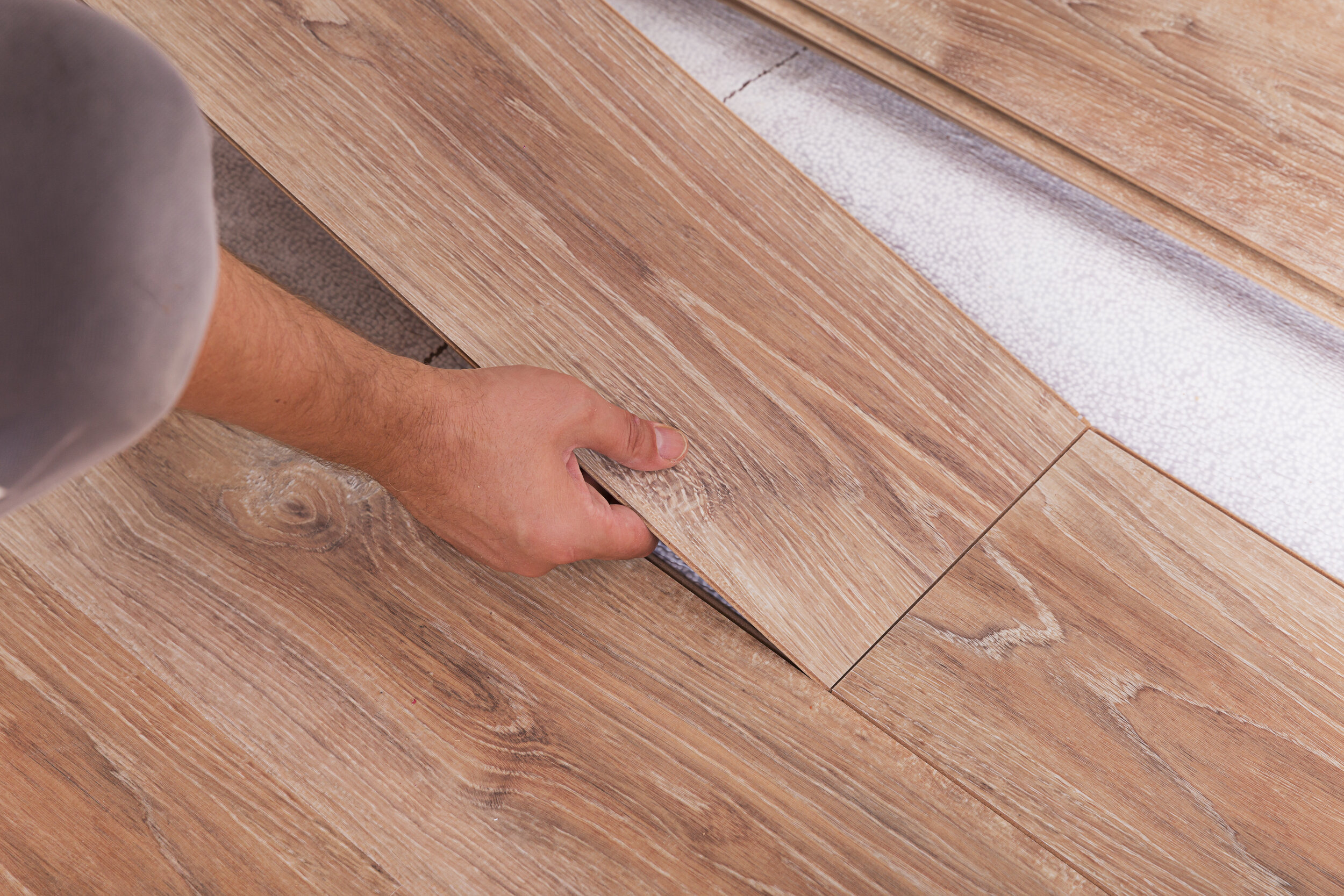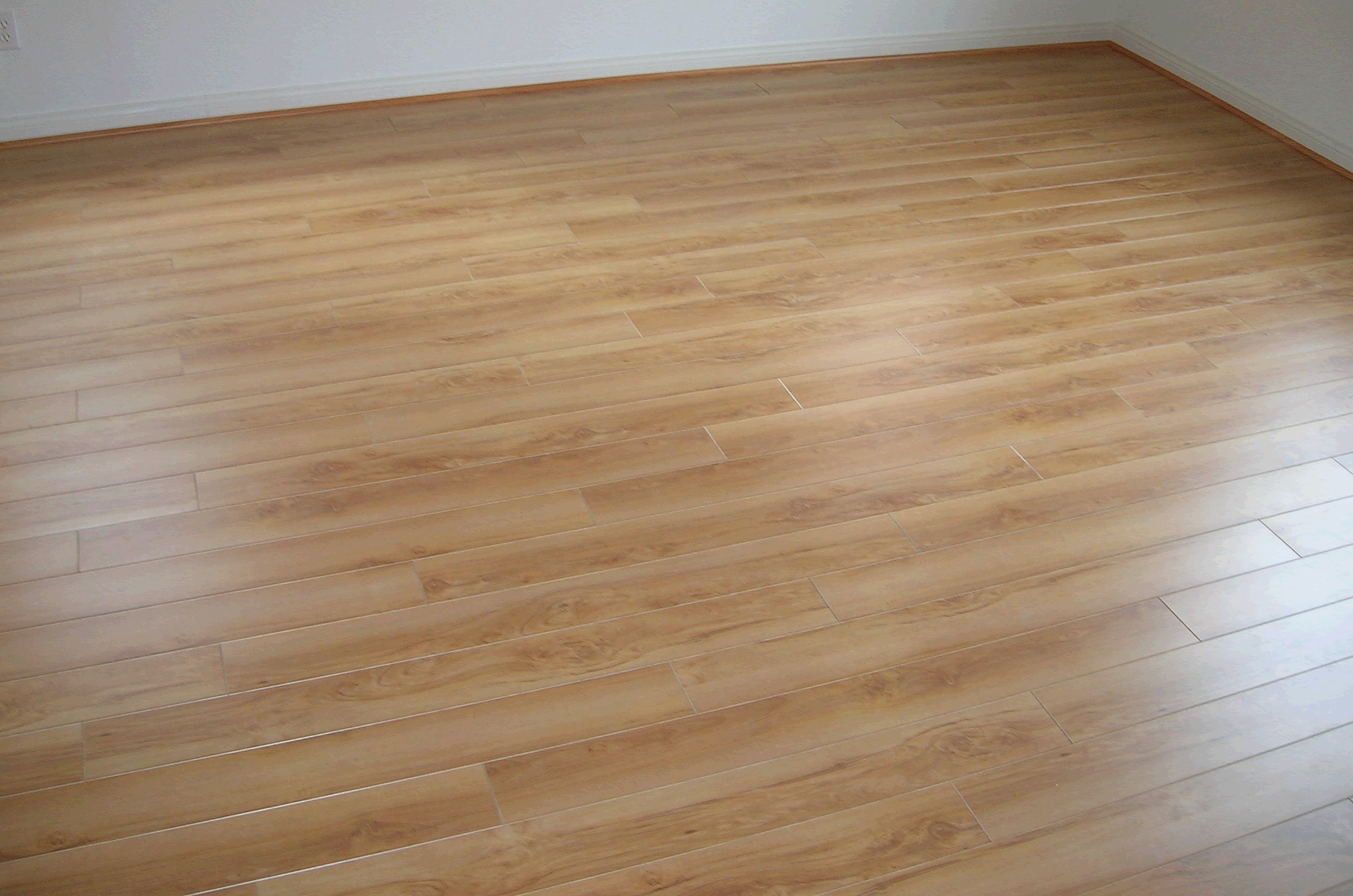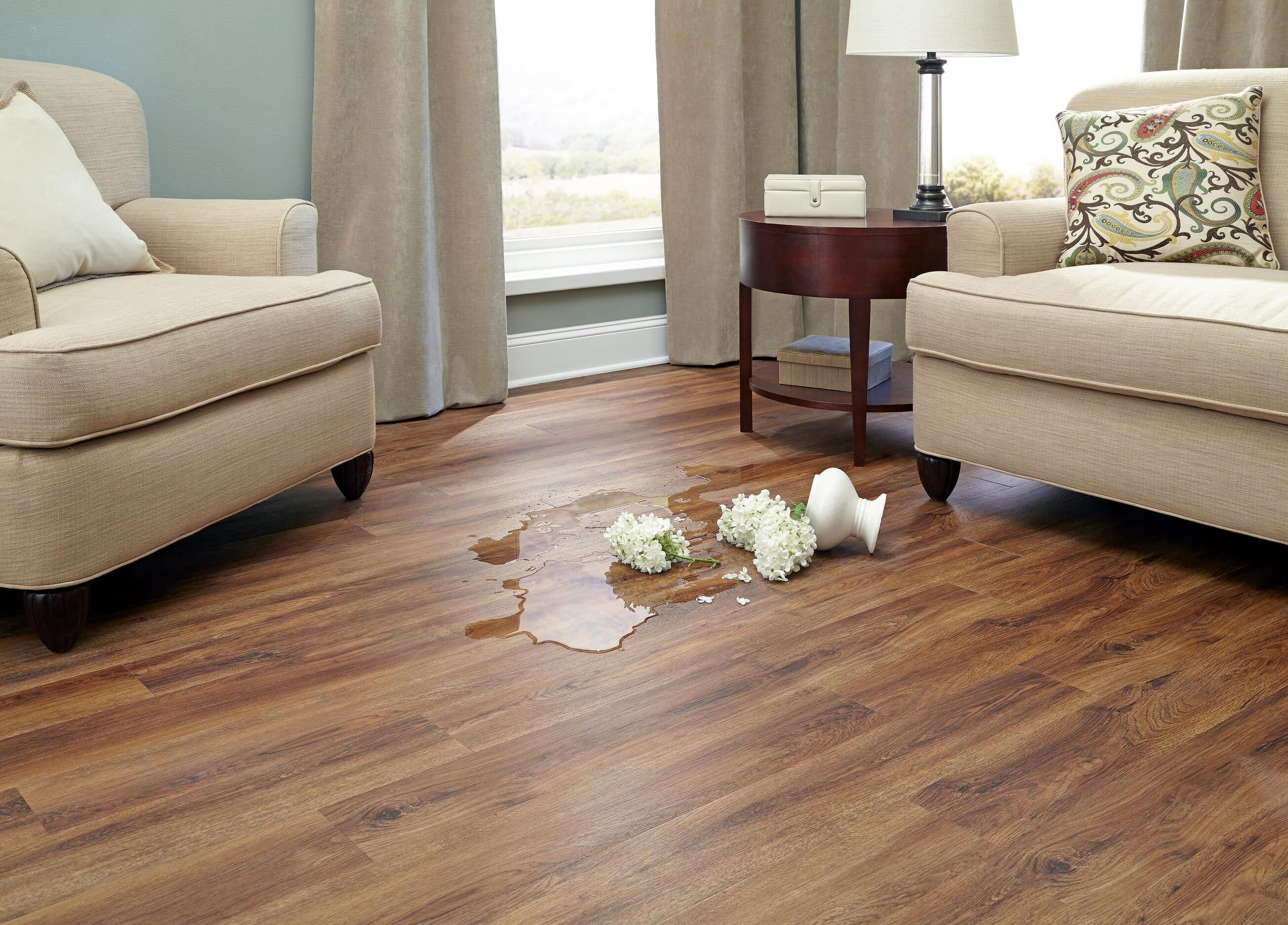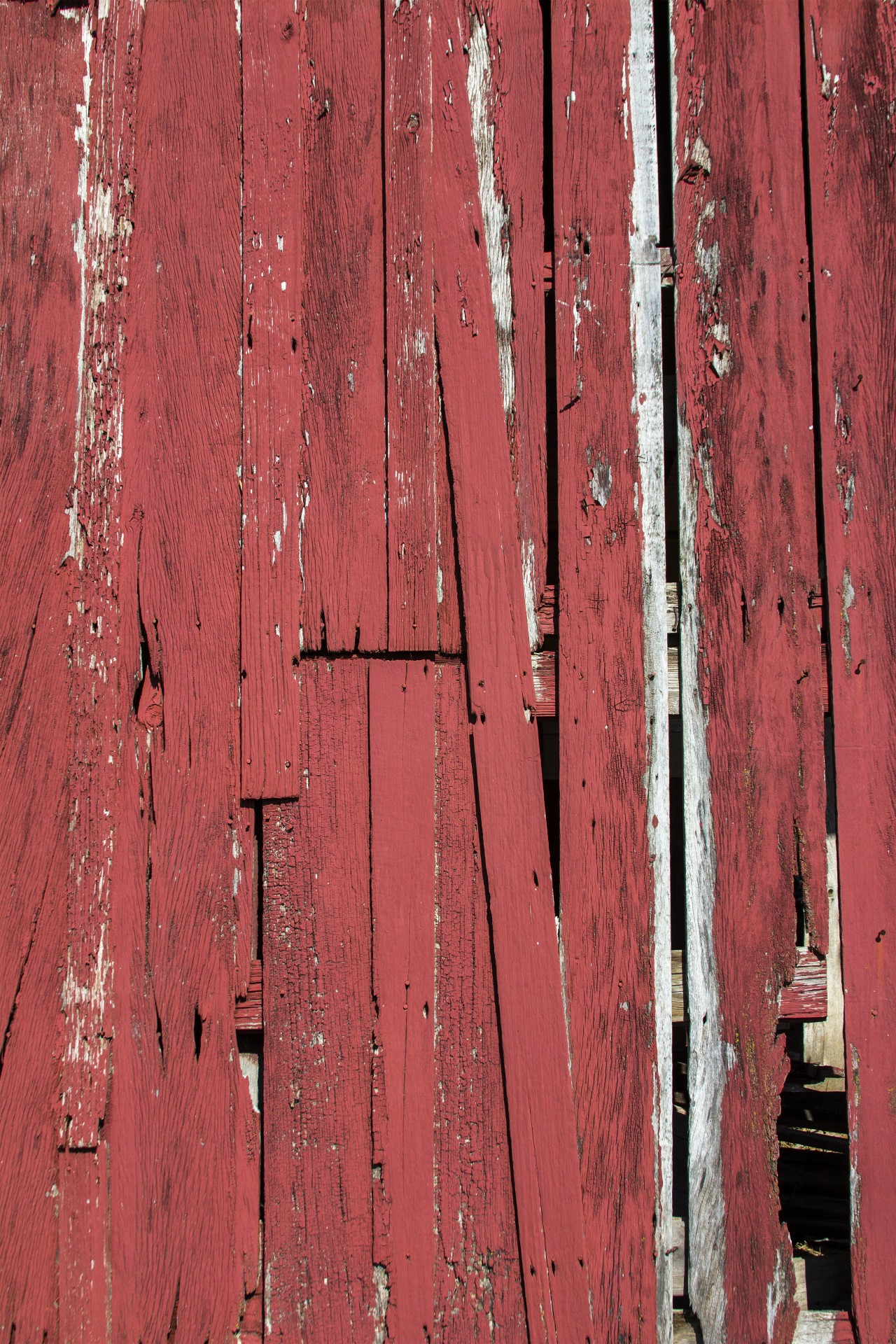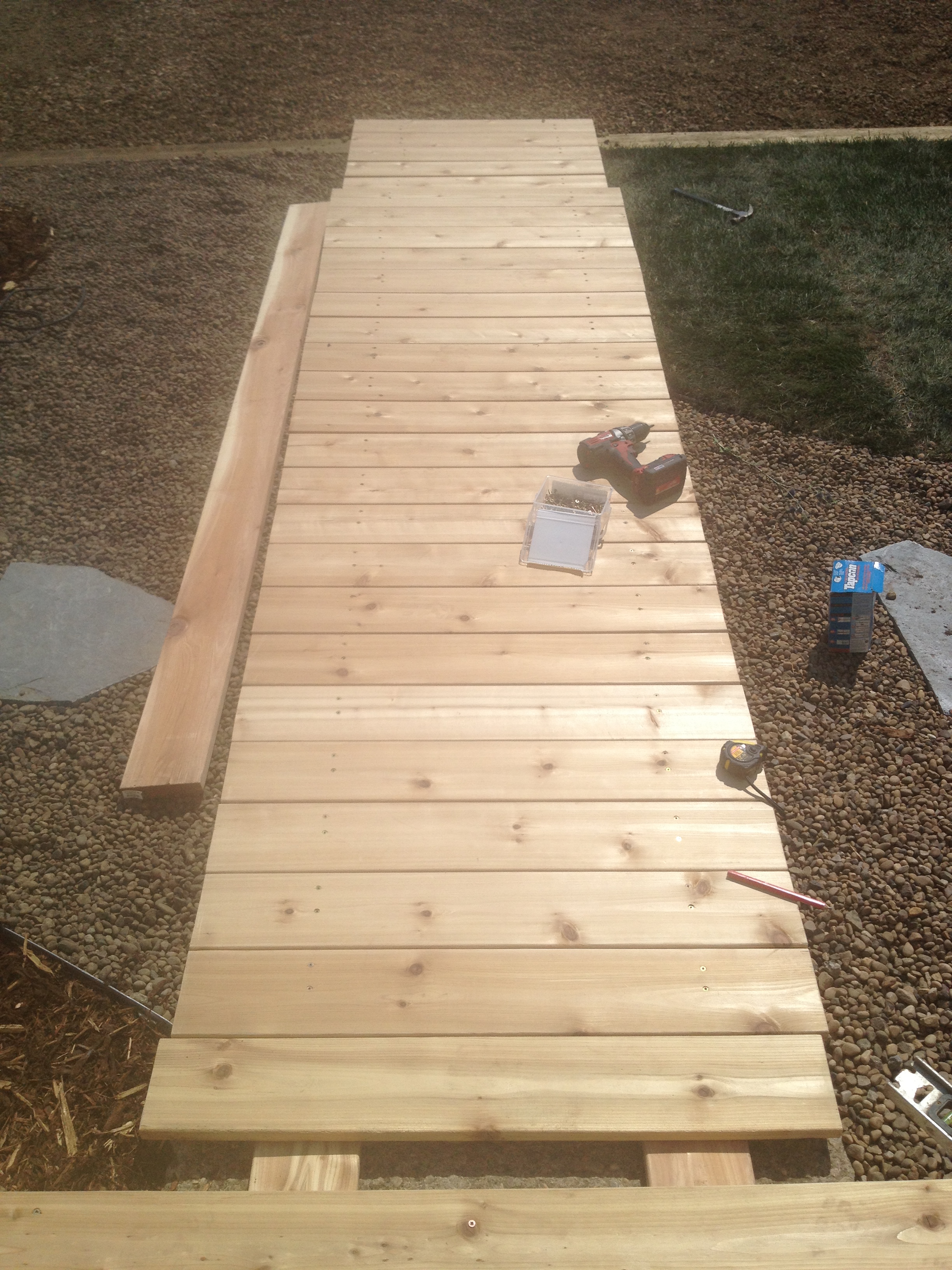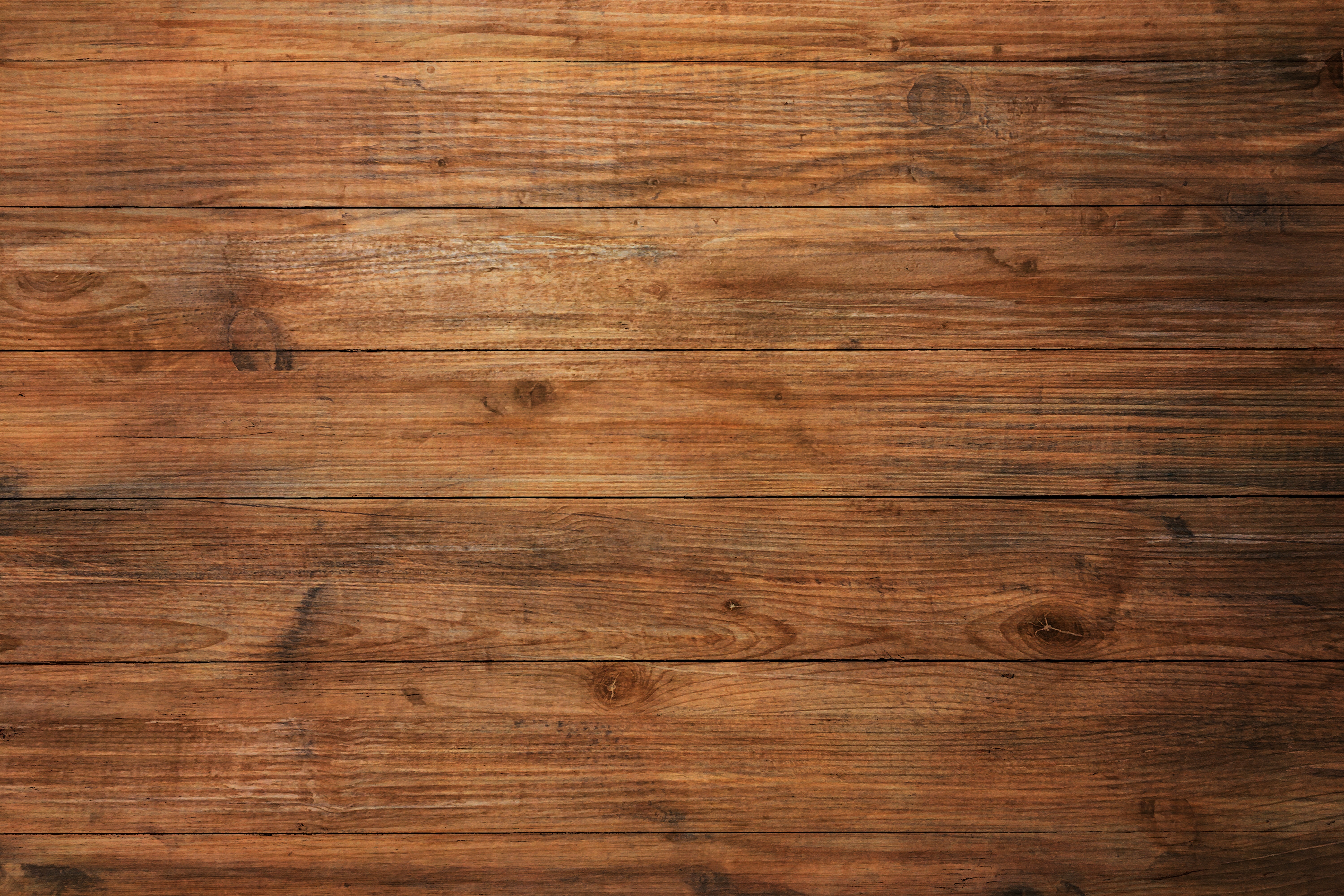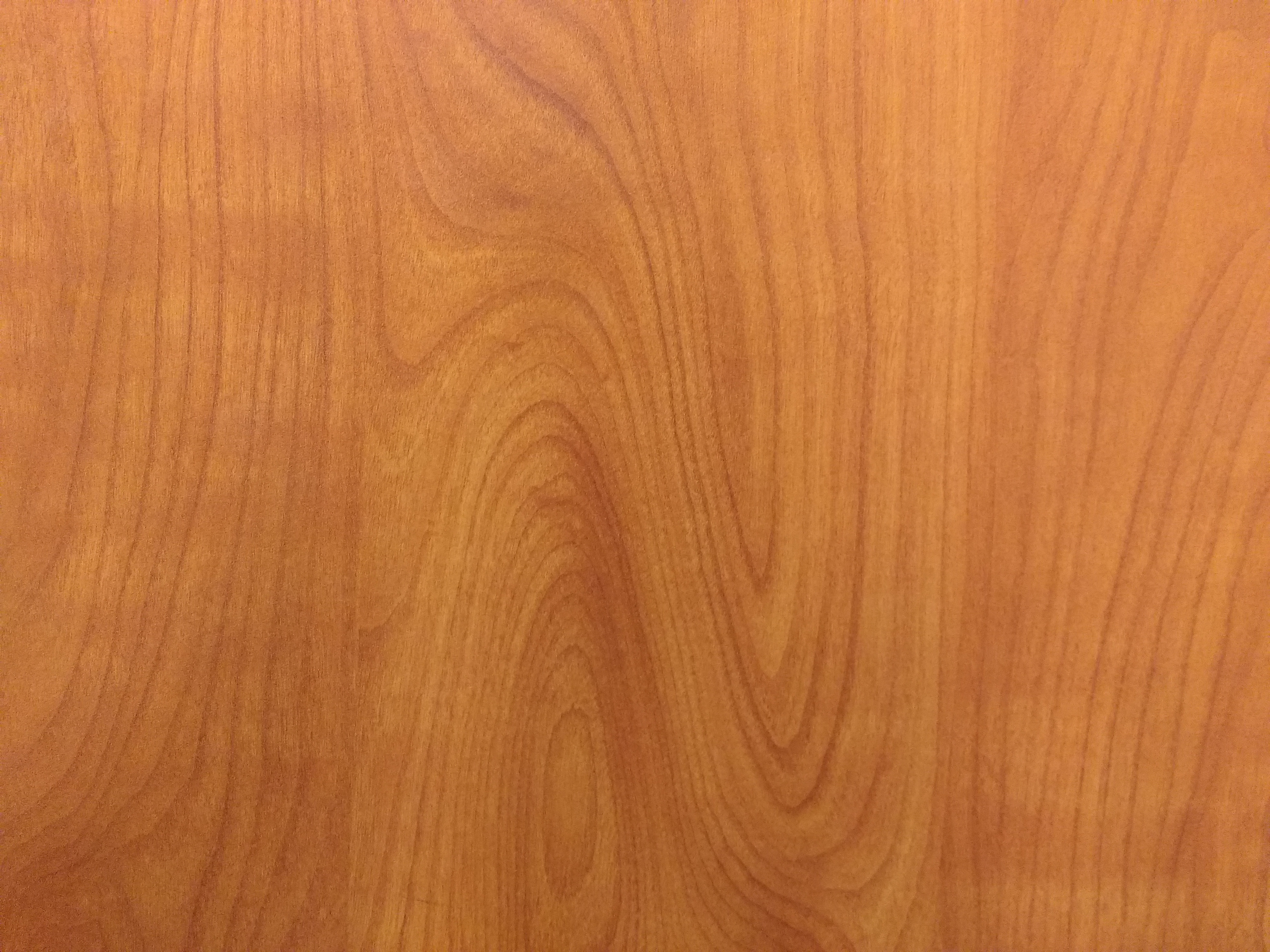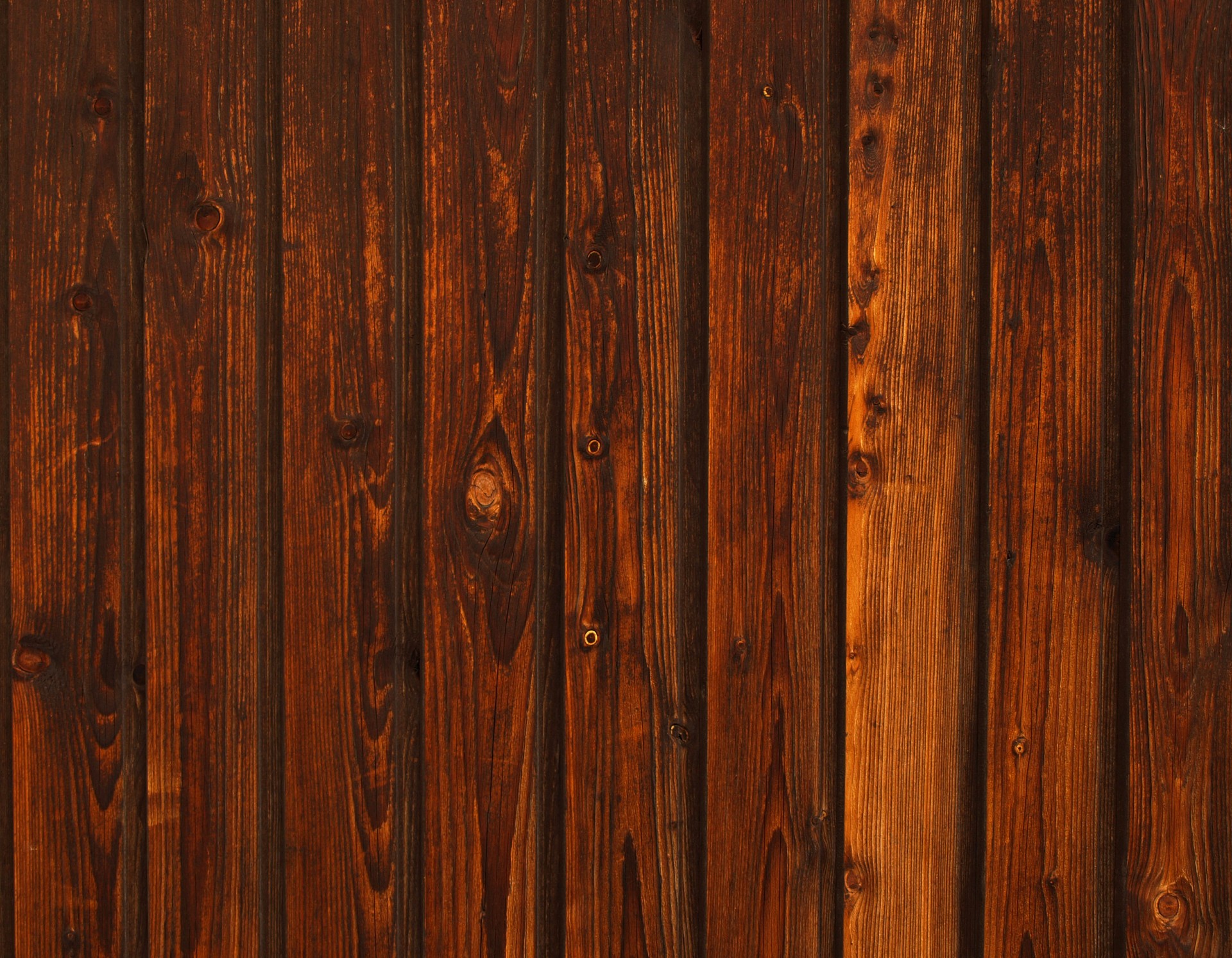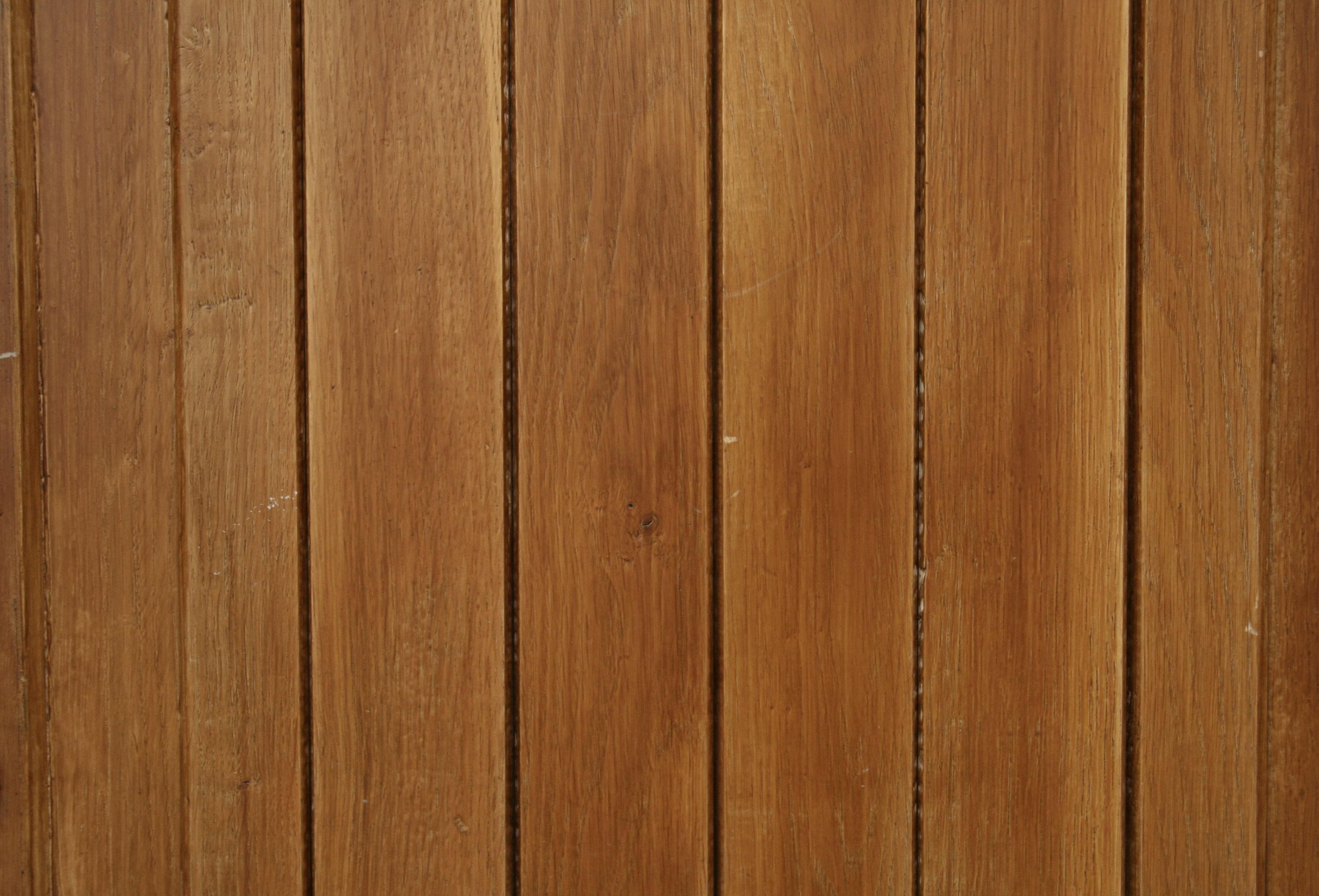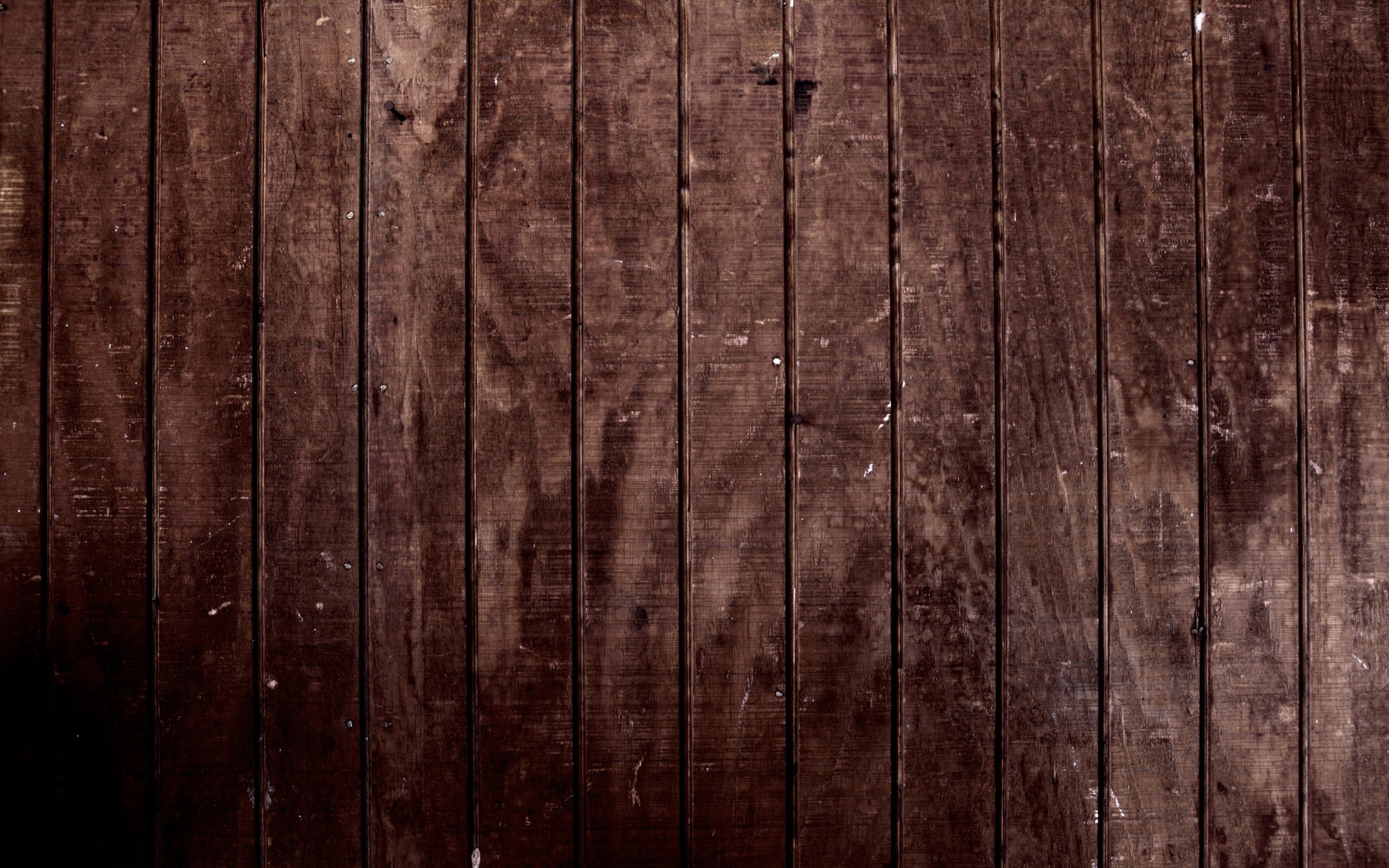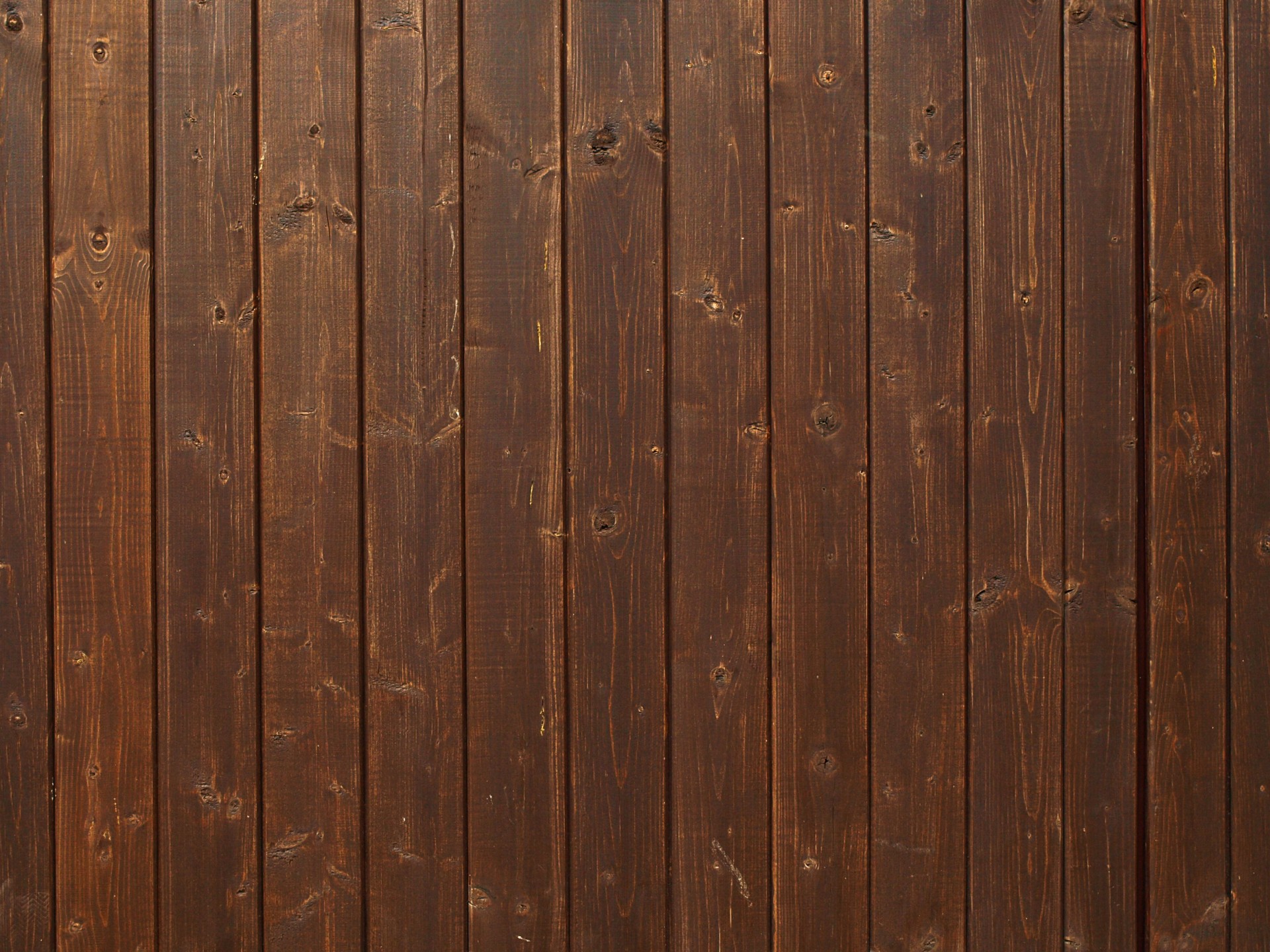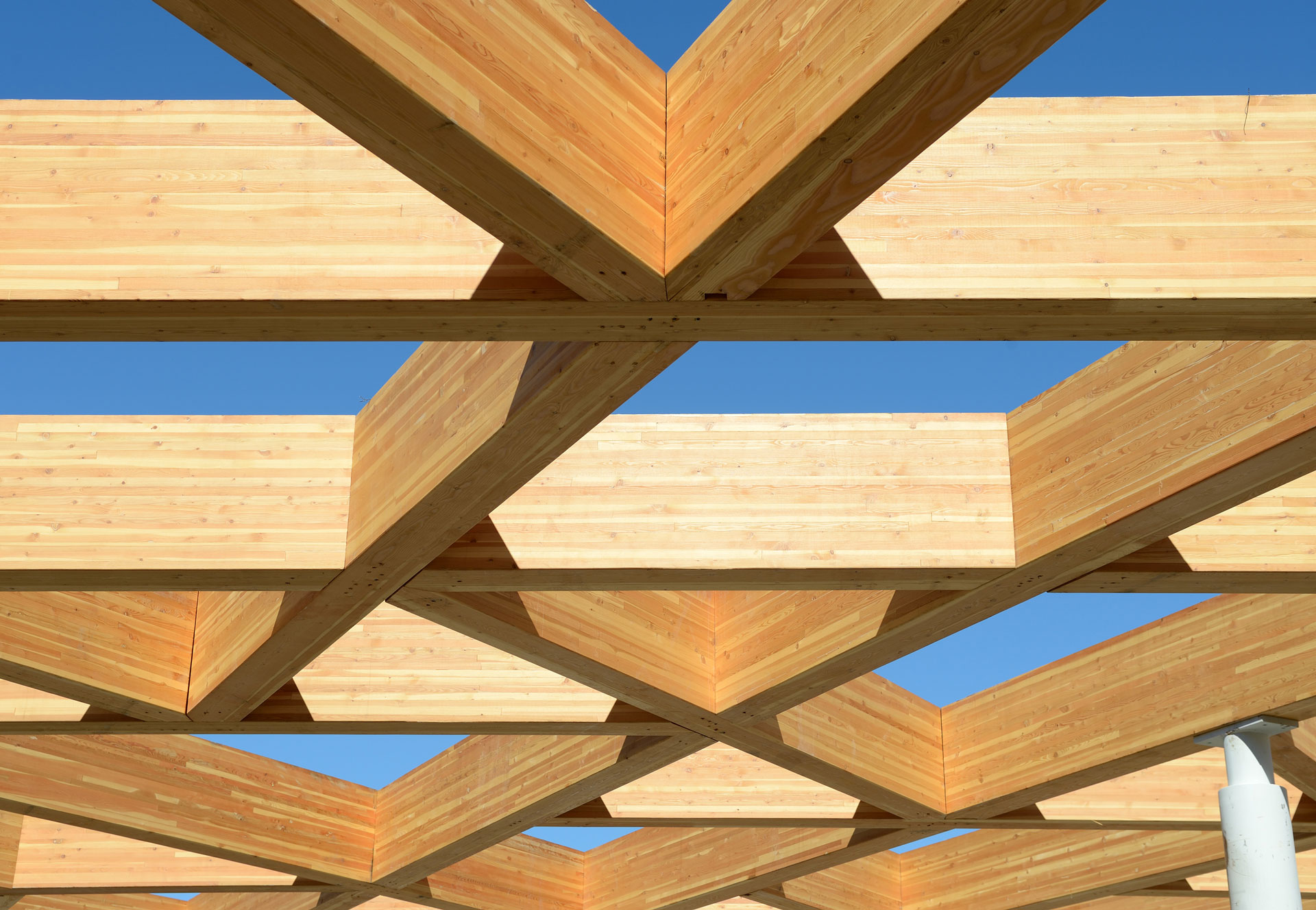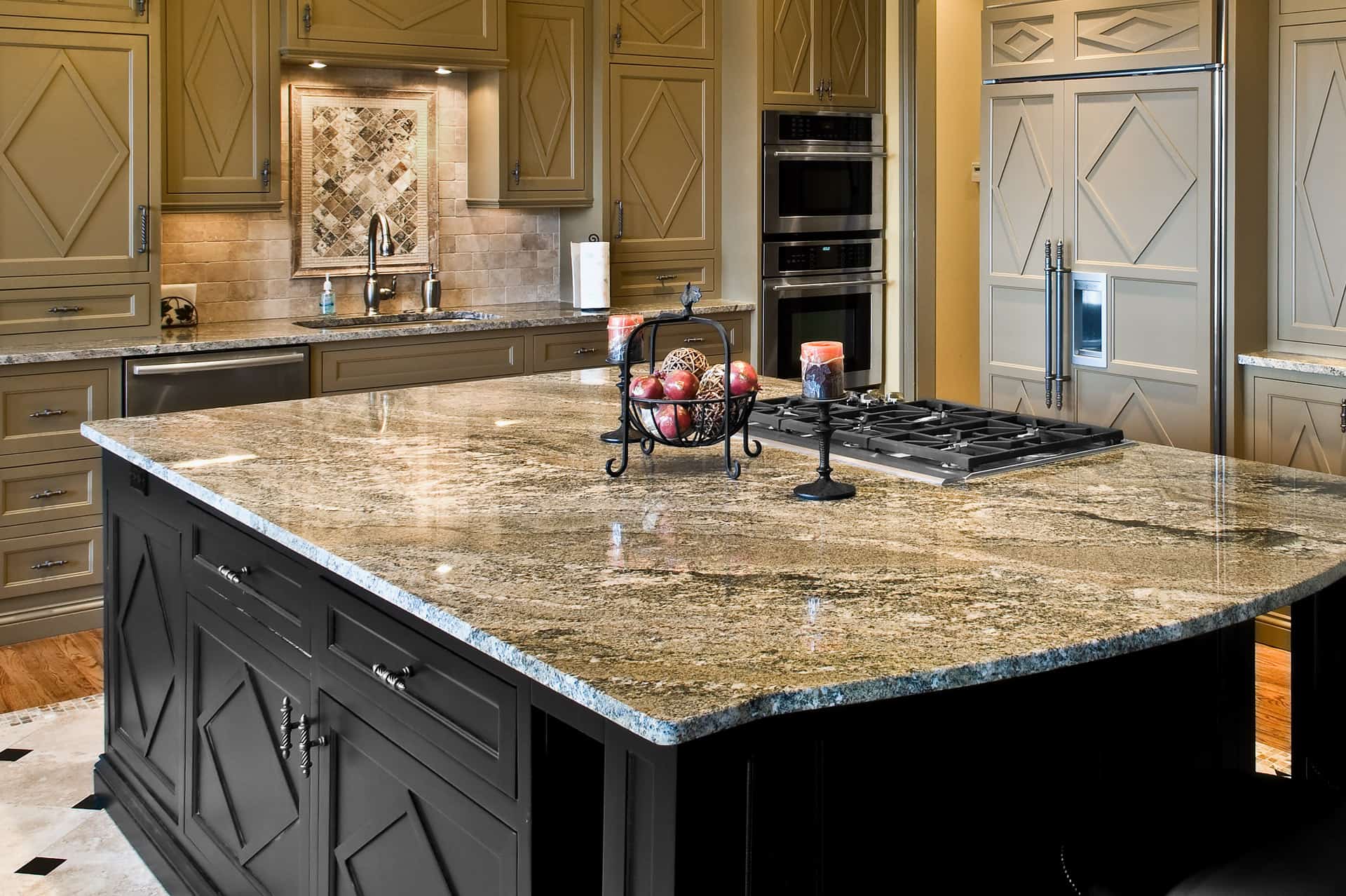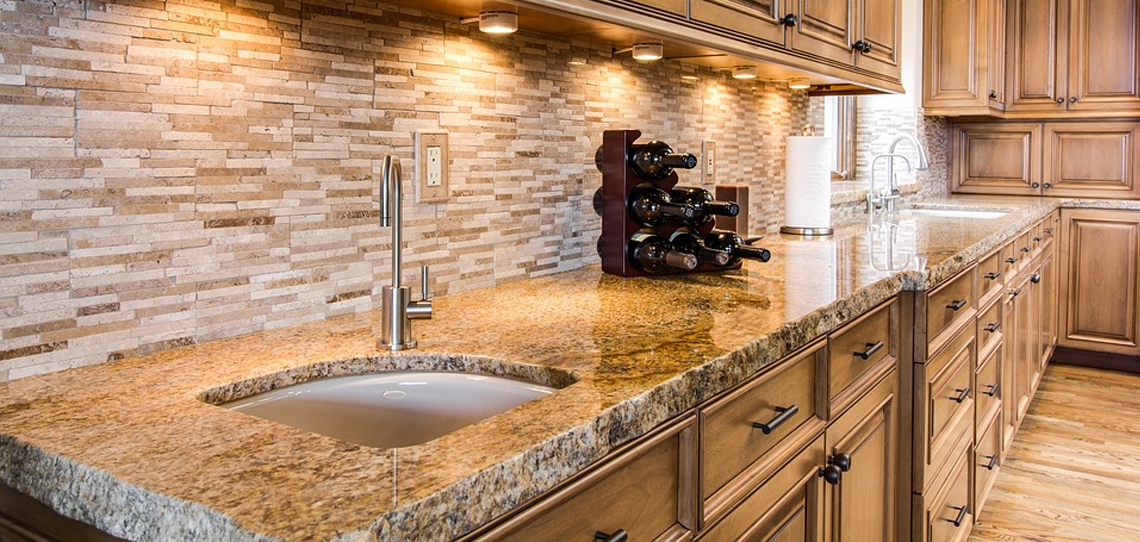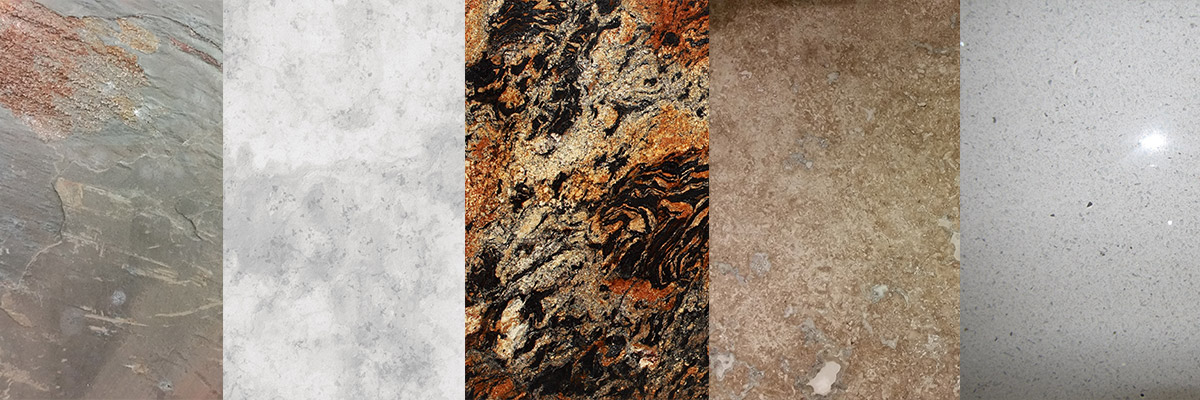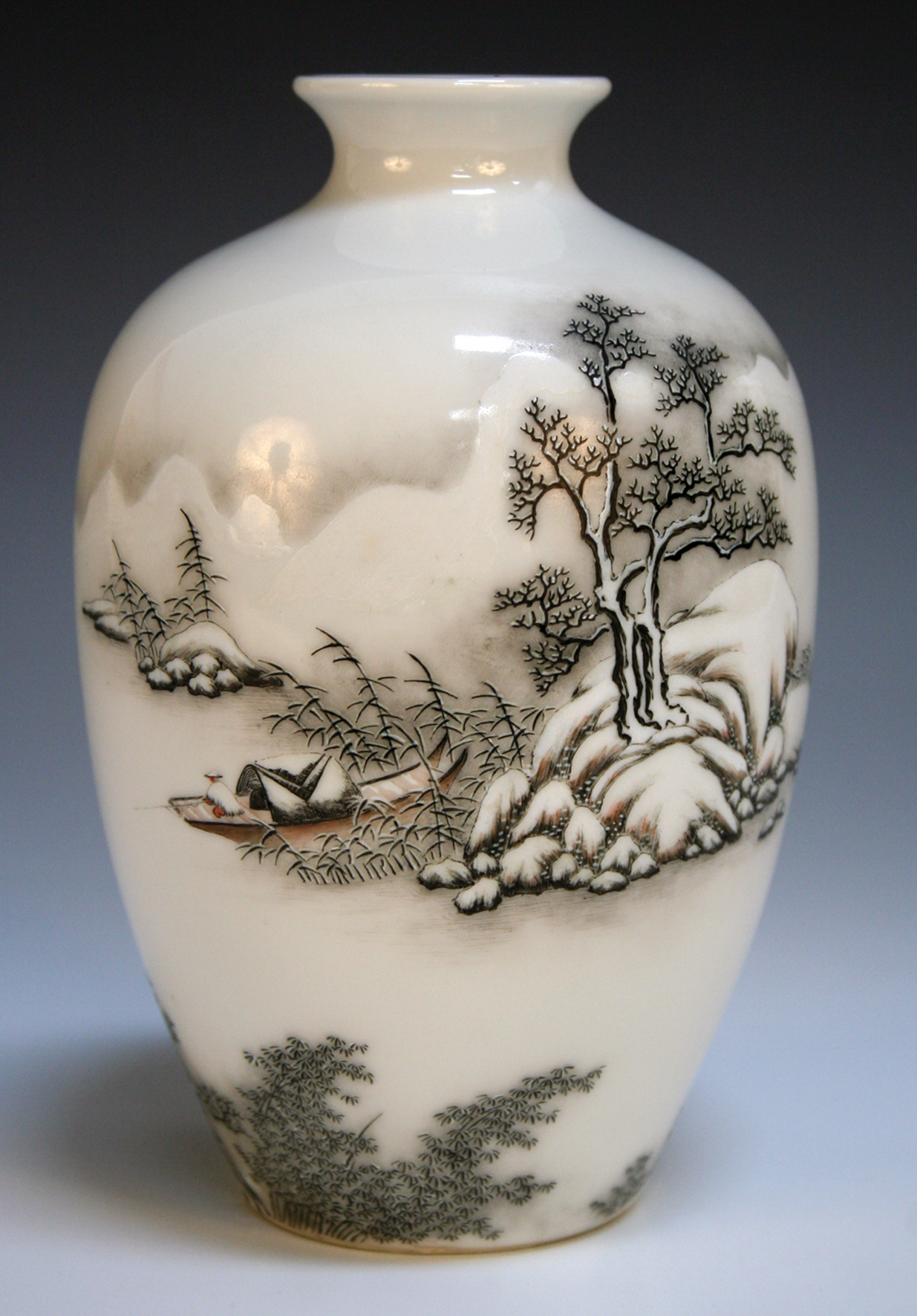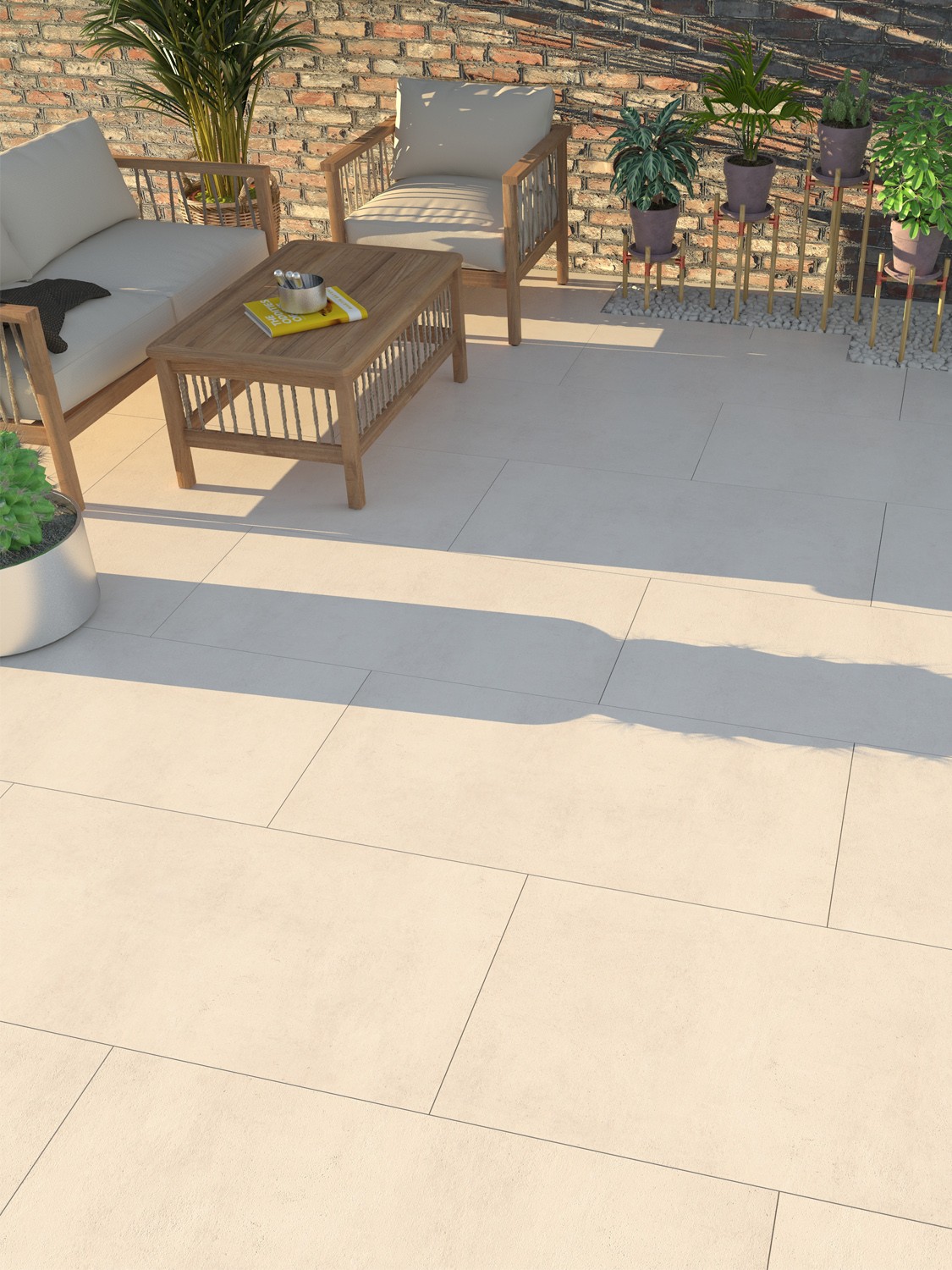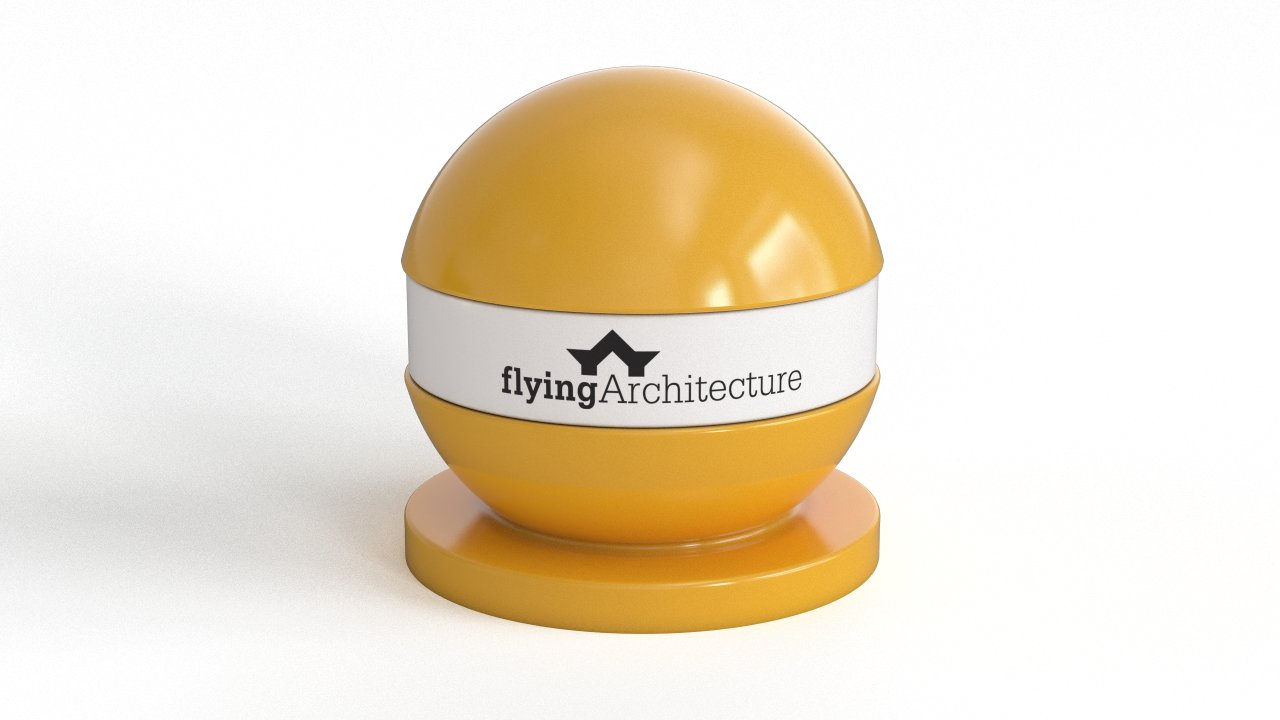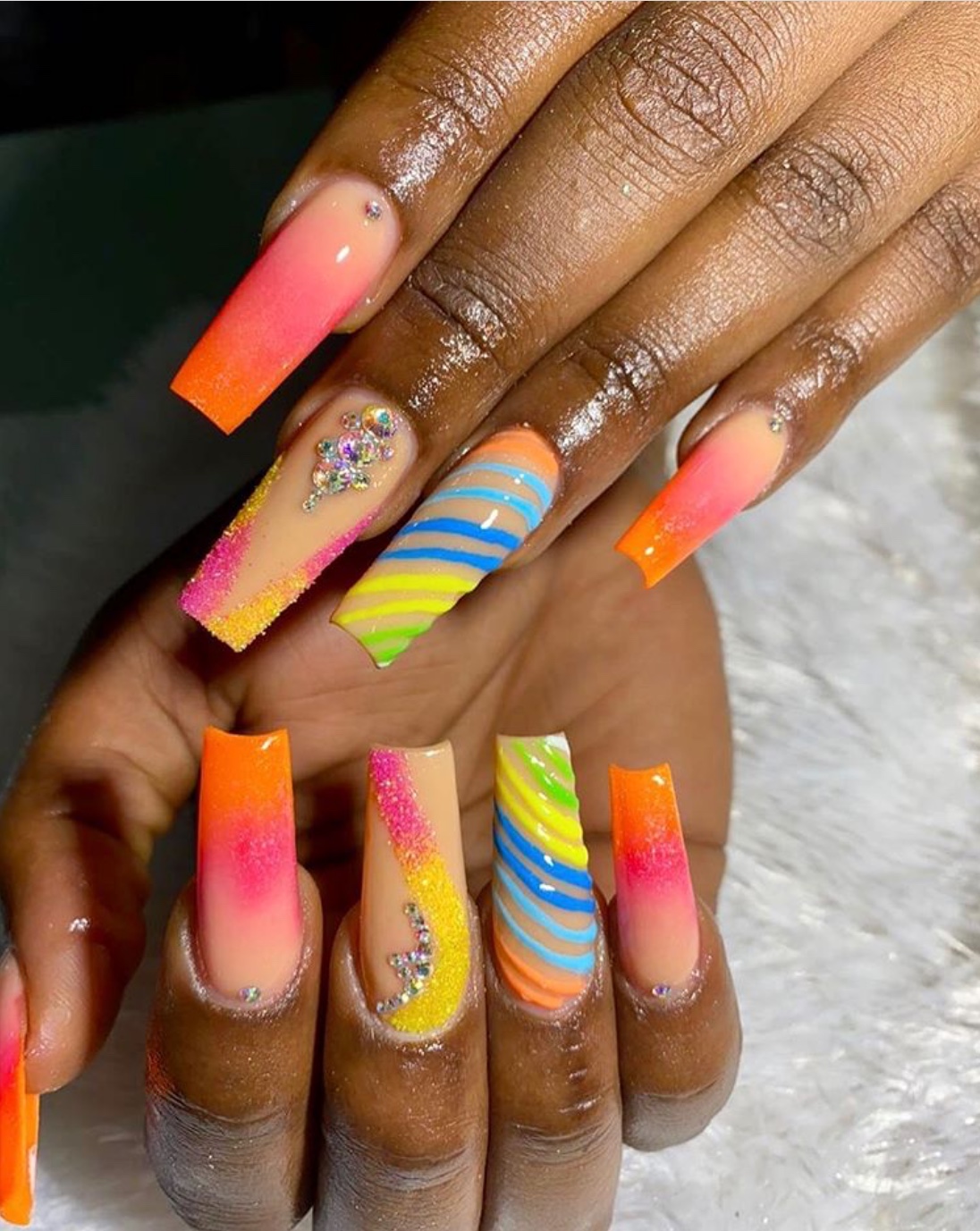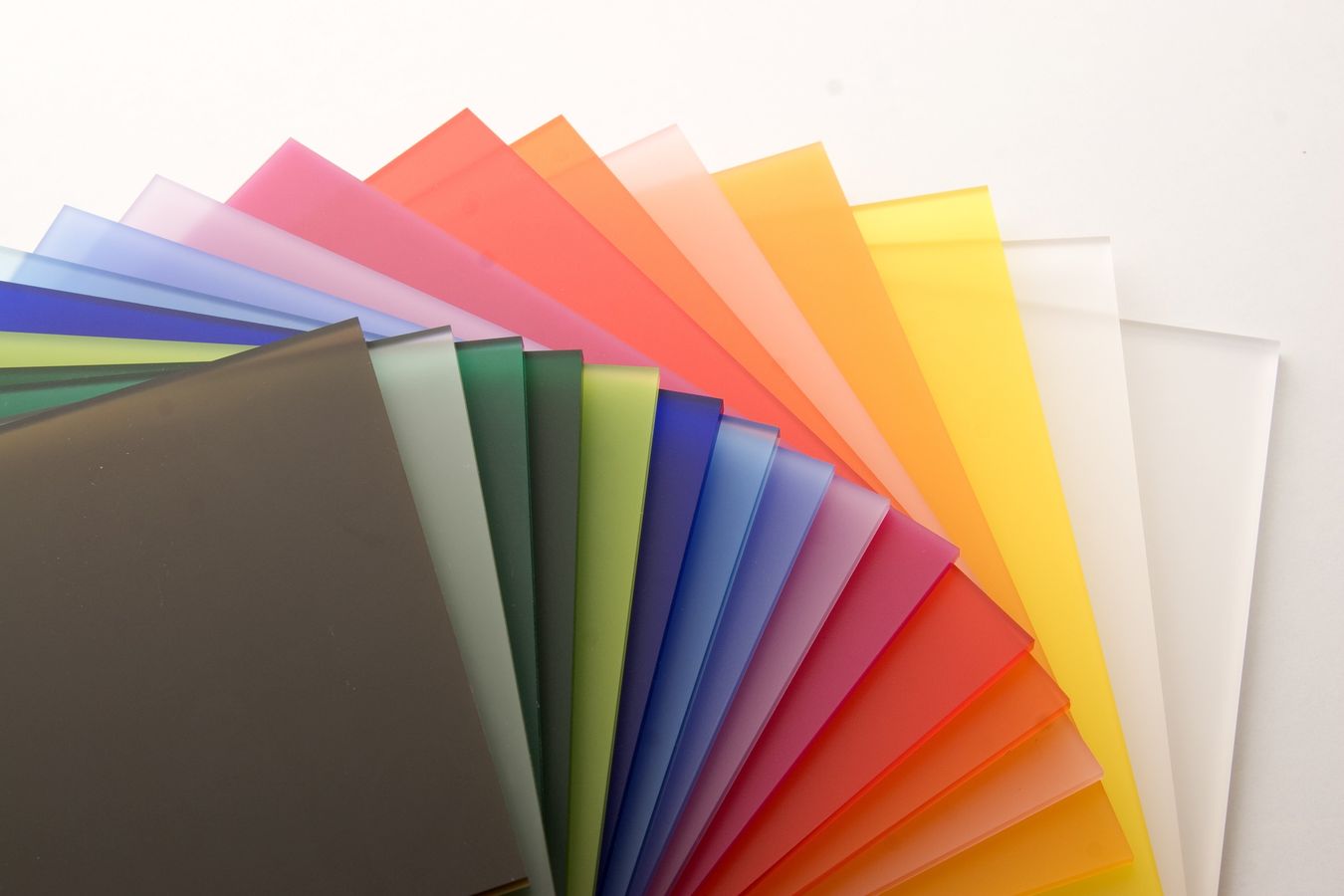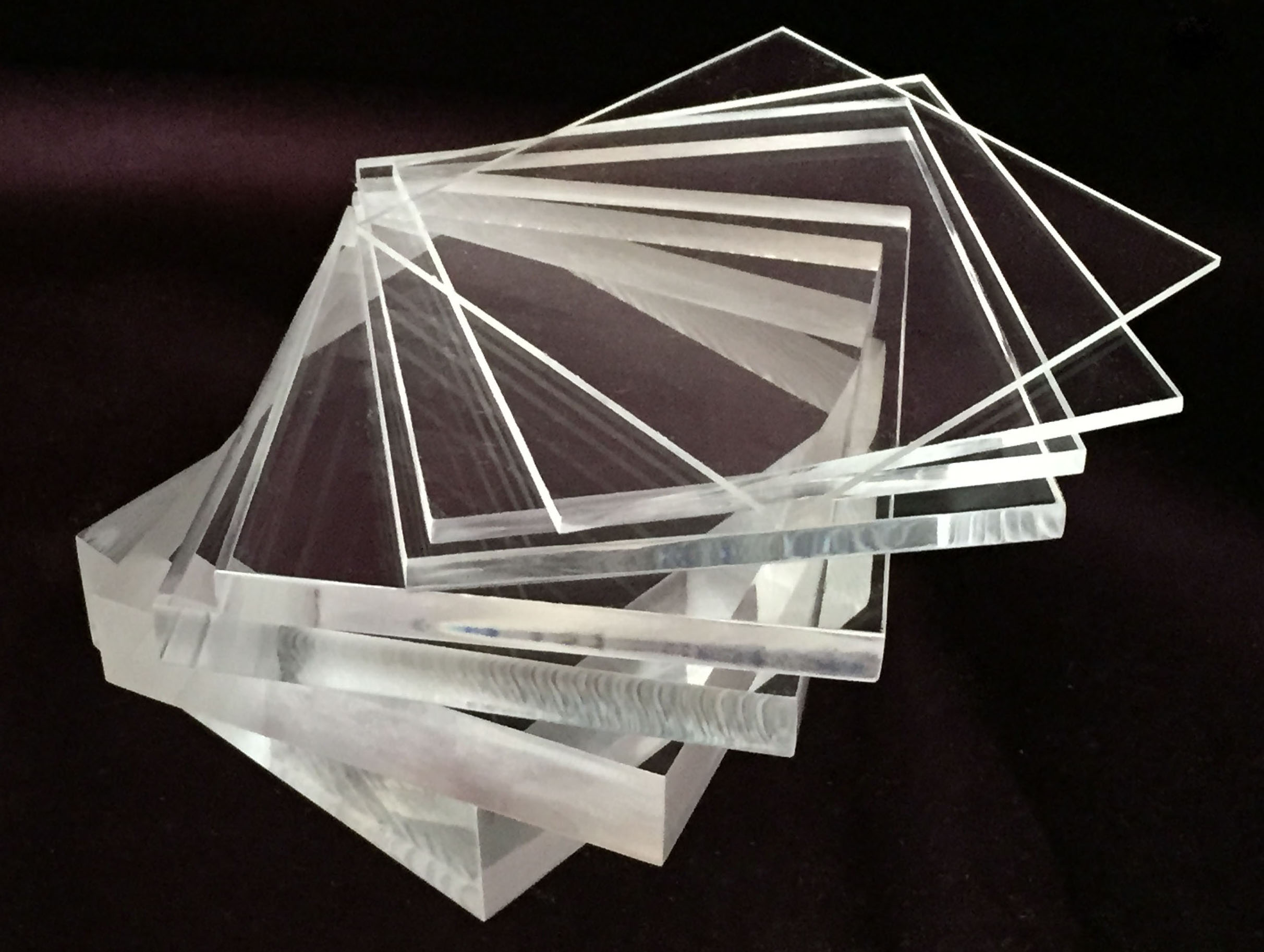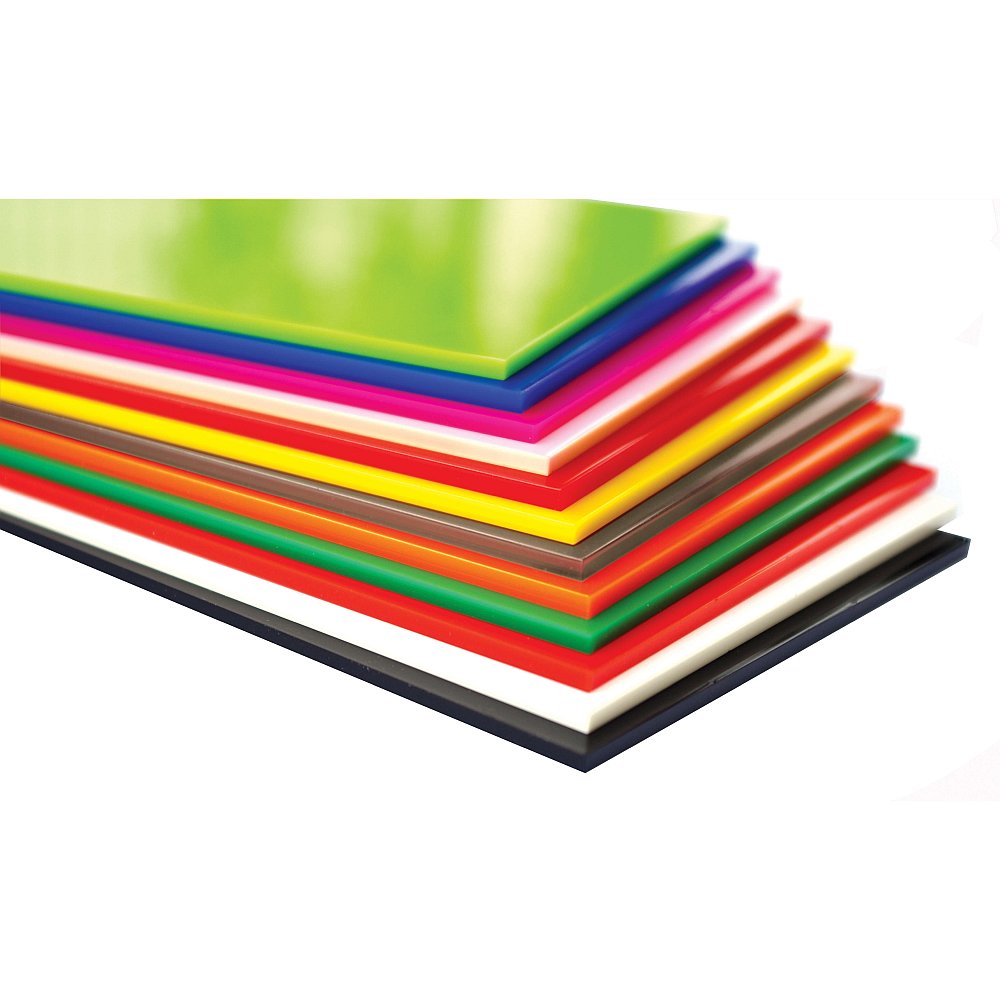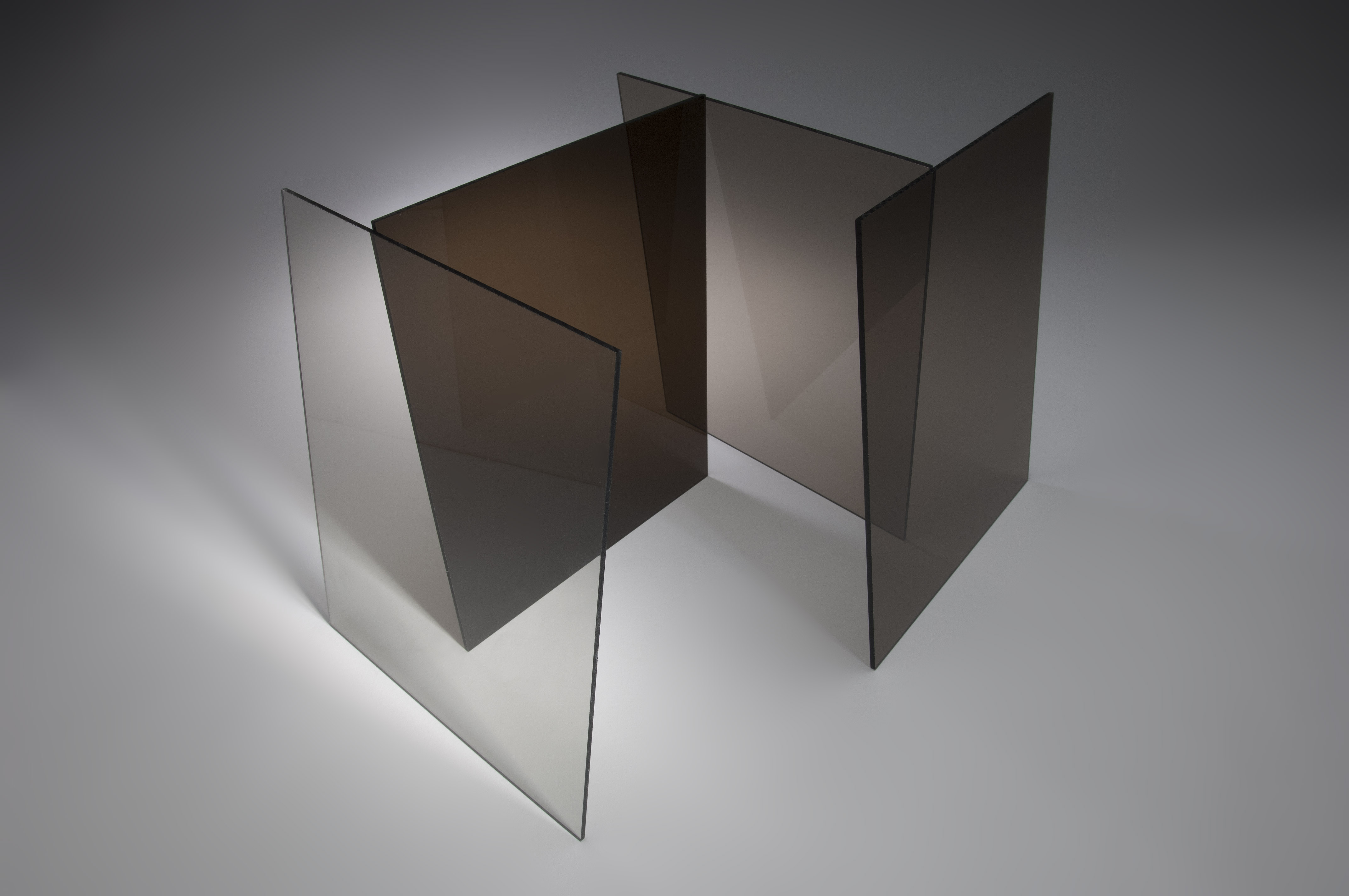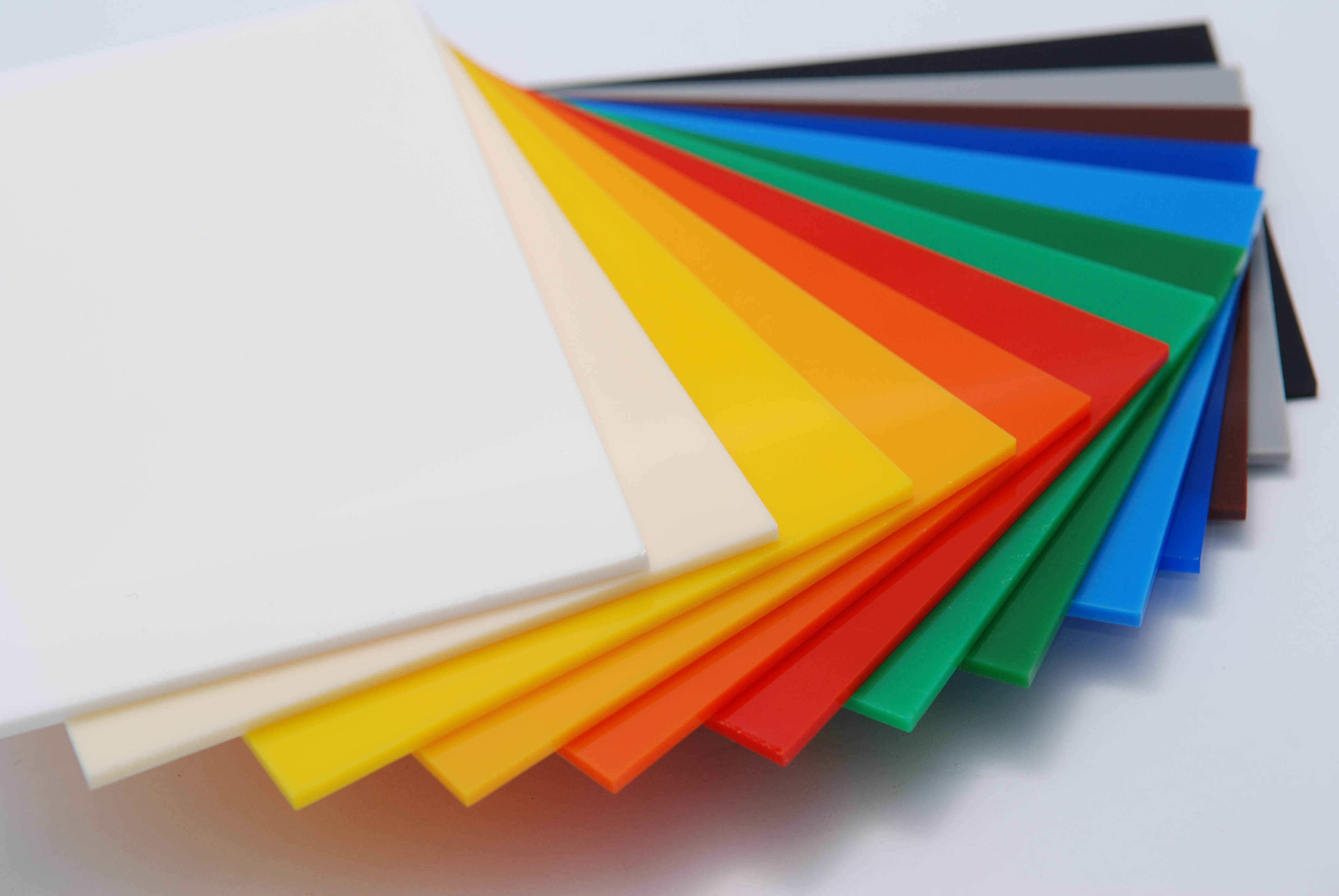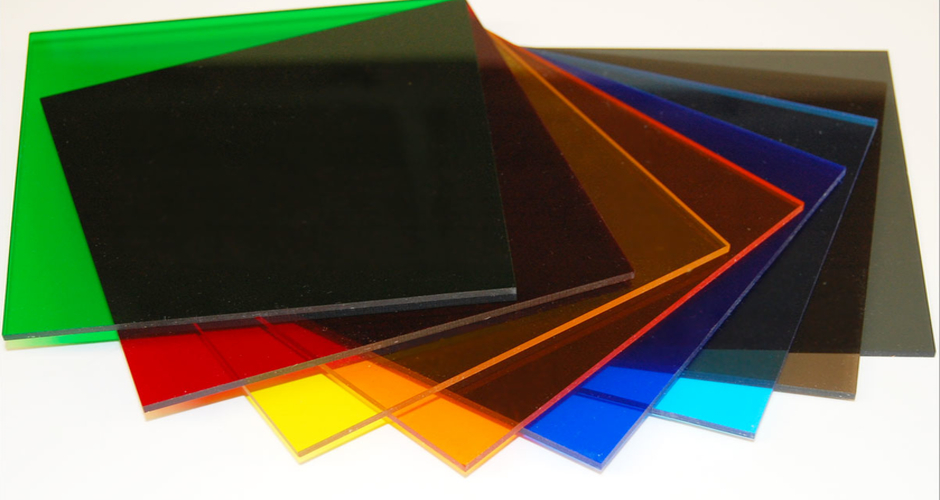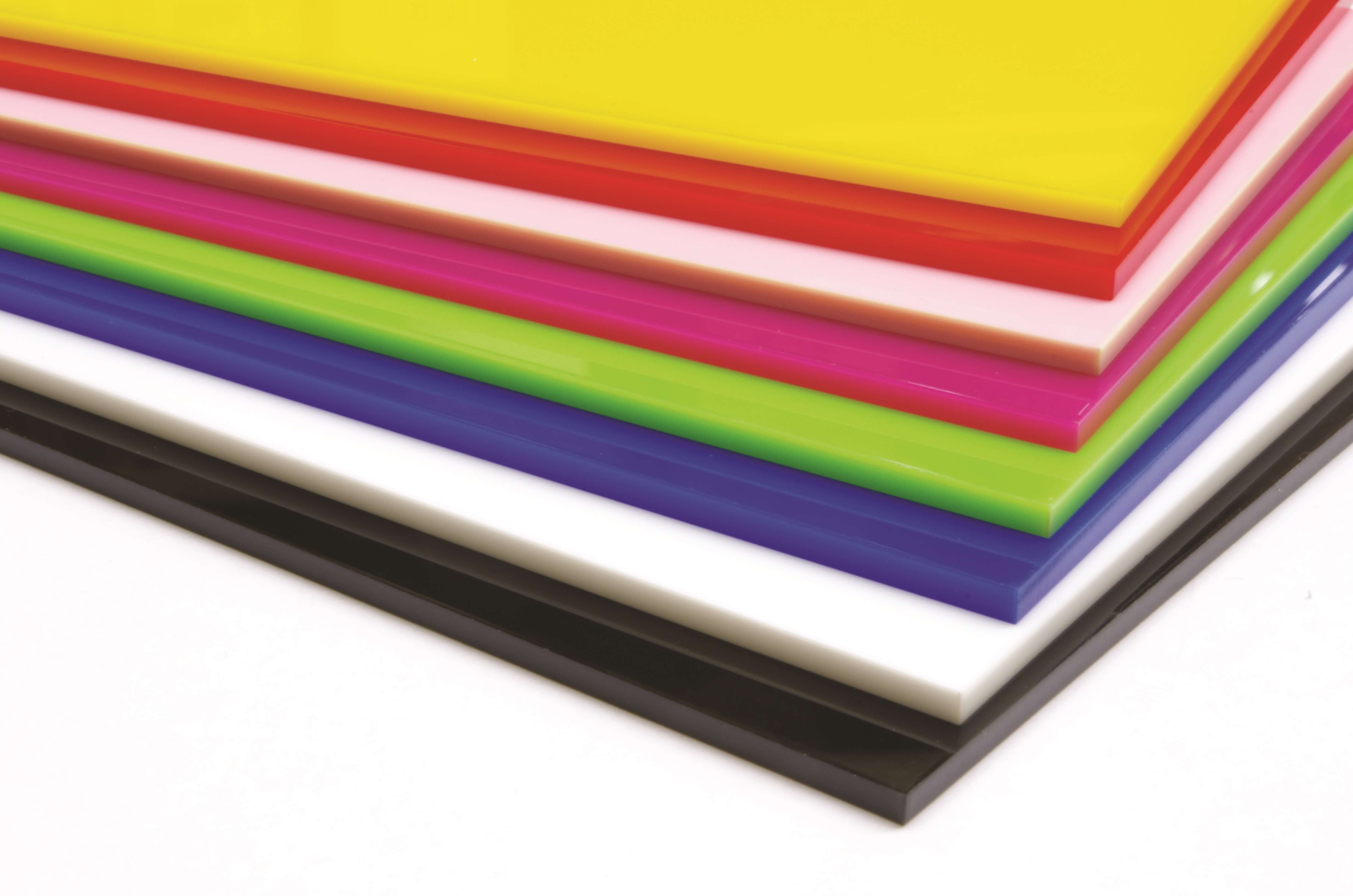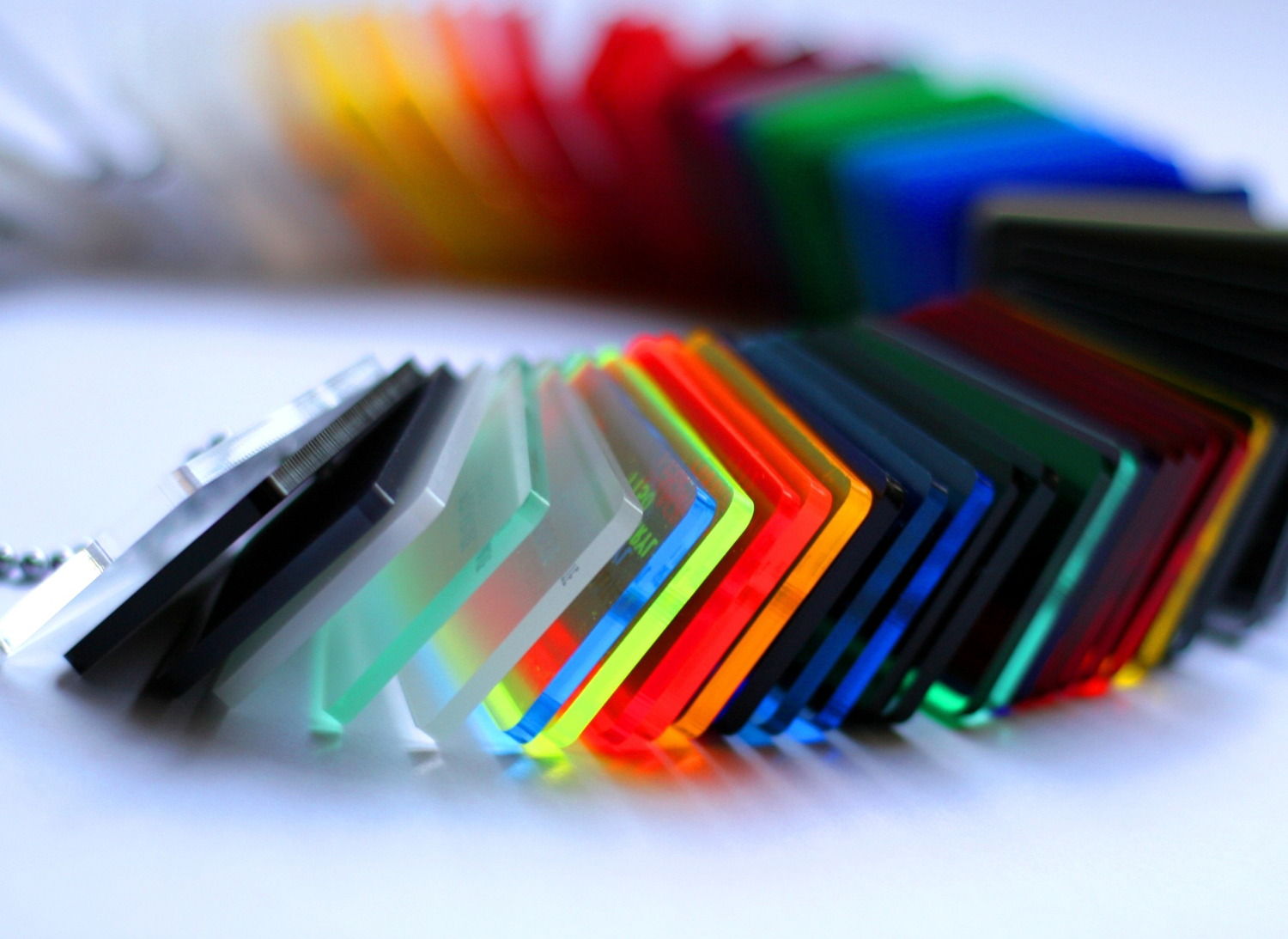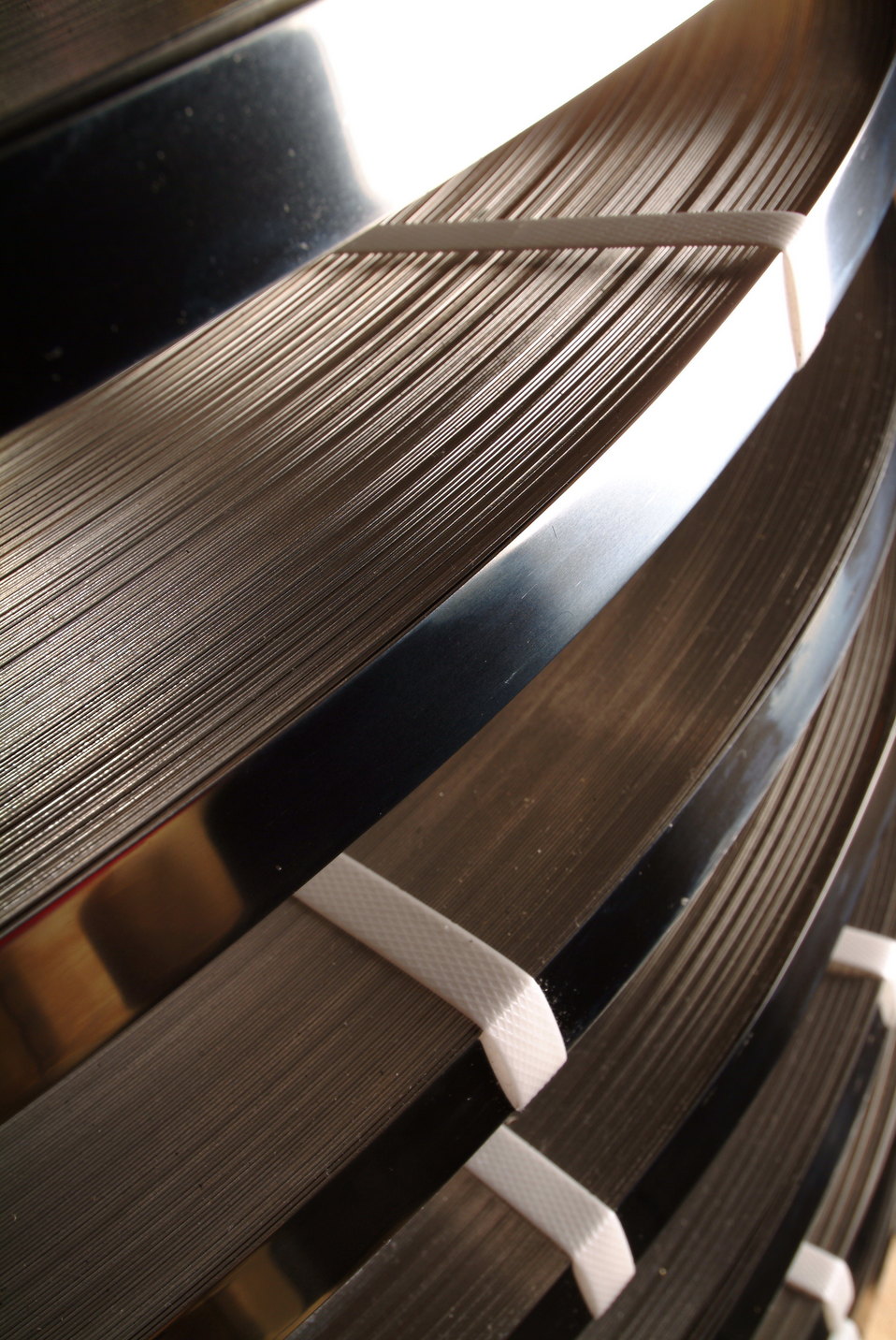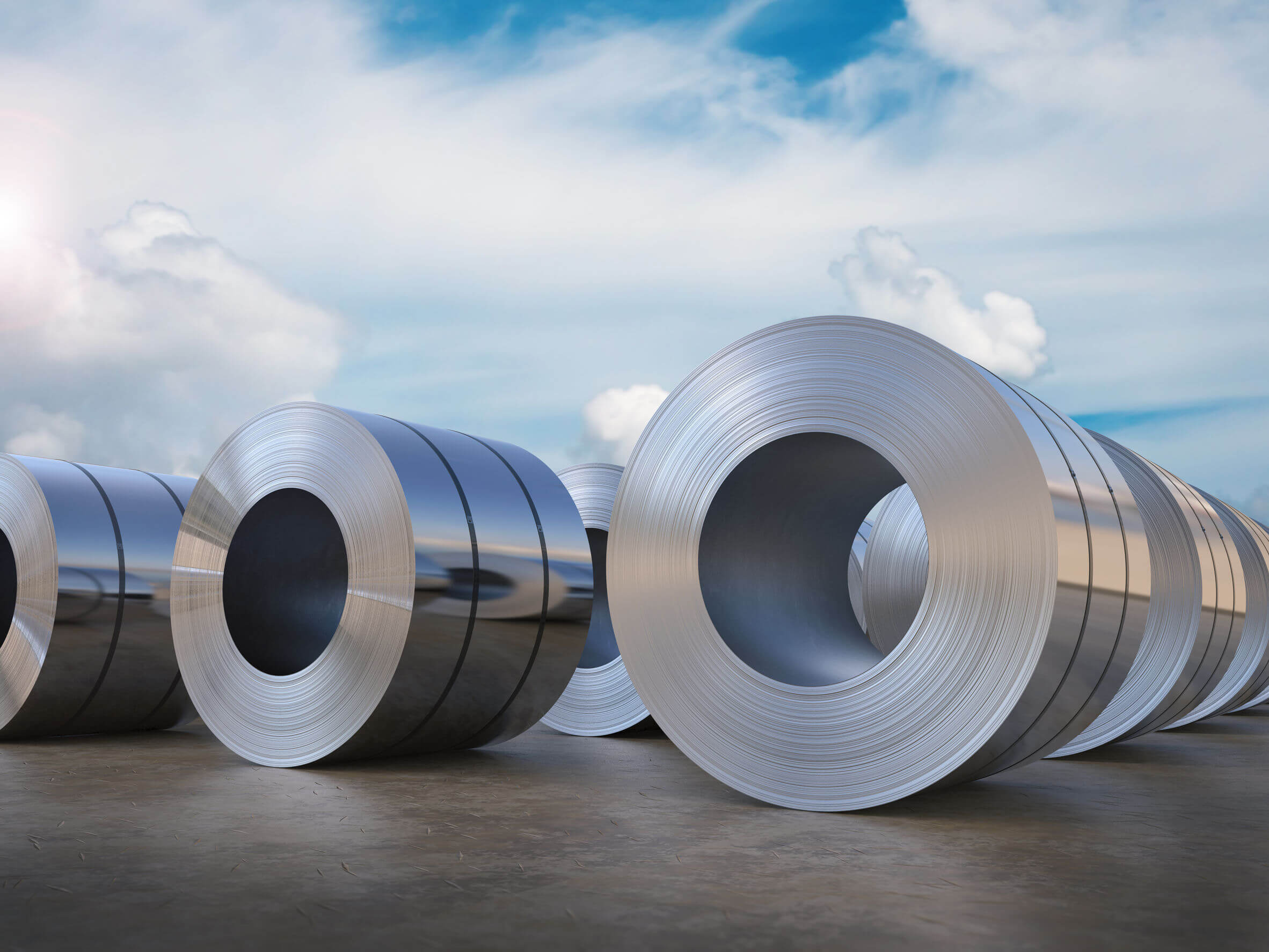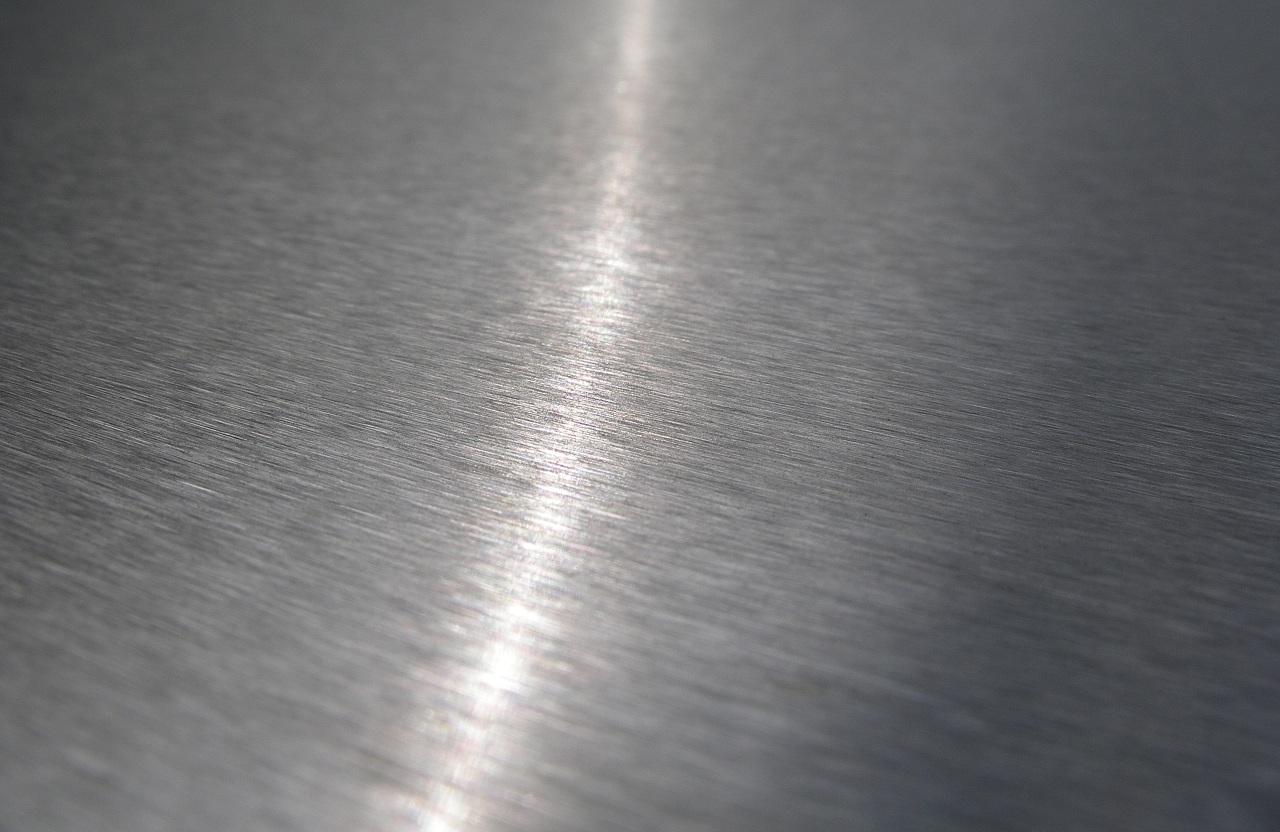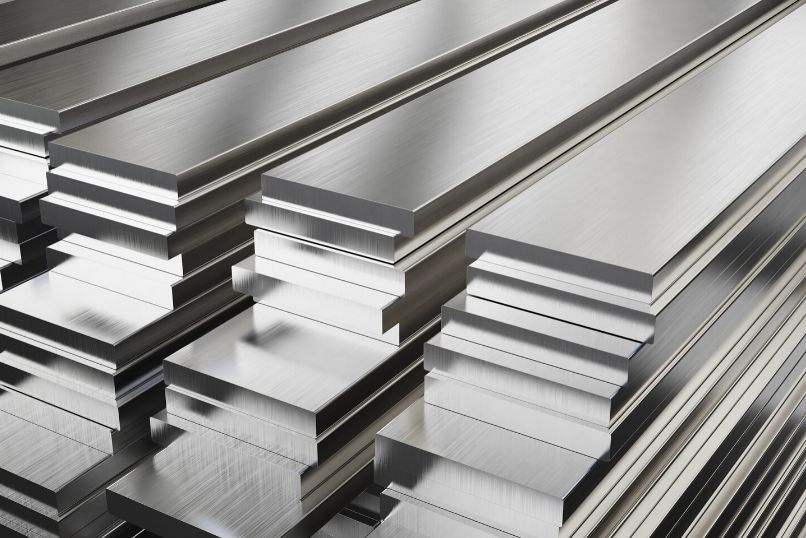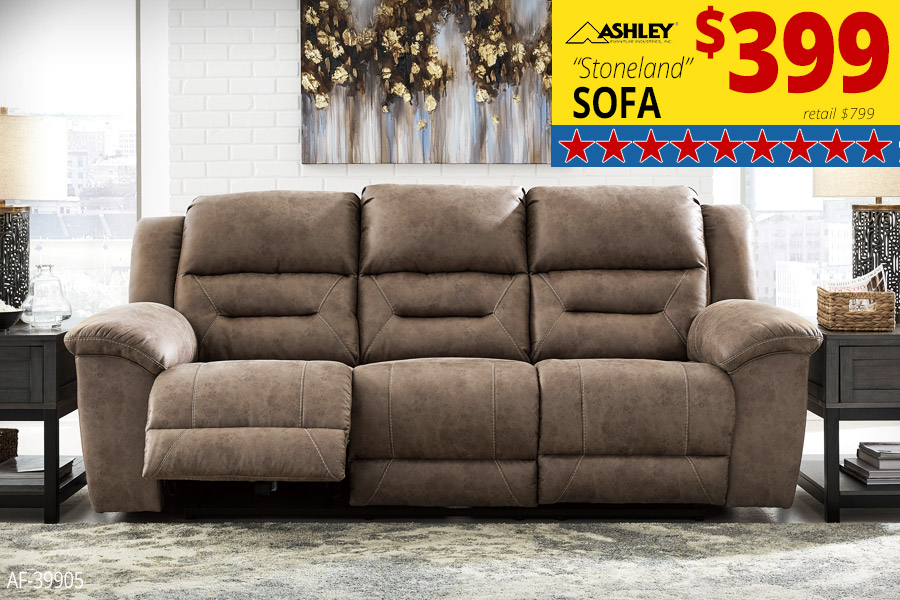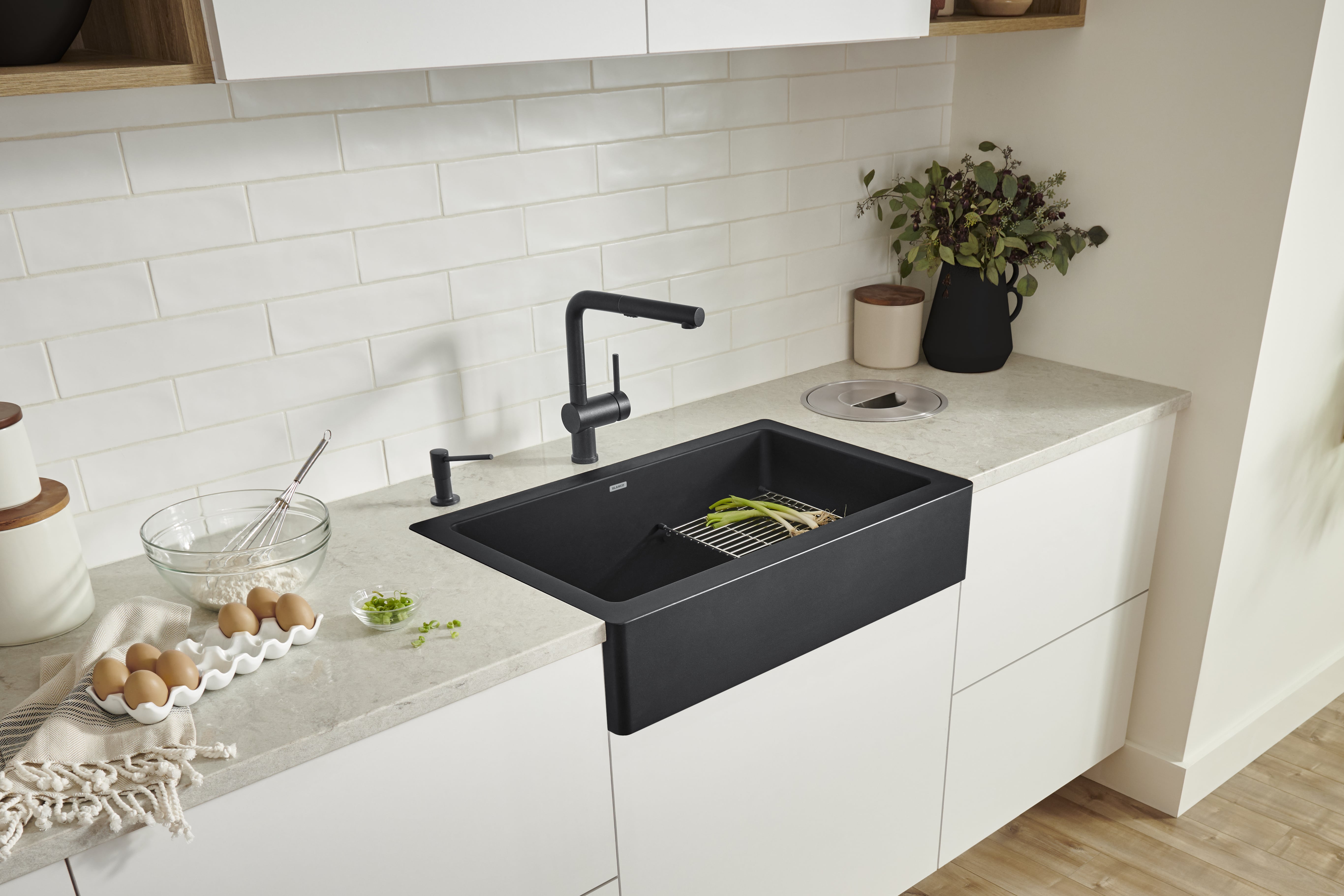Marble is a popular and luxurious material for bathroom vanities. Its elegant and timeless appearance adds a touch of sophistication to any bathroom. The natural veining and patterns of marble make each piece unique and visually stunning. Marble bathroom vanities are also highly durable and can withstand daily wear and tear. However, it is important to note that marble is a porous material and can stain easily if not properly sealed and maintained. Its high cost may also be a drawback for some homeowners.
Marble
Like marble, granite is a natural stone that adds a touch of luxury to any bathroom. It is a highly durable and heat-resistant material, making it a practical choice for bathroom vanities. Granite bathroom vanities also come in a wide range of colors and patterns, making it easy to find one that fits your design aesthetic. However, similar to marble, granite is also a porous material that requires regular sealing and maintenance. It is also a more expensive option compared to other materials.
Granite
Quartz is a popular choice for bathroom vanities due to its durability and low maintenance. It is a man-made material composed of natural quartz and resin, creating a non-porous surface that is resistant to stains and scratches. Quartz bathroom vanities come in a variety of colors and patterns, and can even mimic the look of natural stone. However, it is important to note that quartz can be damaged by excessive heat, so caution must be taken with hot styling tools or hair dryers.
Quartz
Solid surface materials, such as Corian, are a popular choice for bathroom vanities due to their versatility and ease of maintenance. They are made from a blend of acrylic and natural minerals, creating a non-porous and seamless surface that is resistant to stains and scratches. Solid surface bathroom vanities come in a wide range of colors and can even be custom-made to fit your specific design needs. However, they may not be as heat-resistant as other materials and can be prone to scratches and chips.
Solid Surface
Laminate bathroom vanities are a budget-friendly option that still offers a variety of design options. It is made from layers of paper and resin that are bonded together under high heat and pressure, creating a durable and water-resistant surface. Laminate bathroom vanities come in a wide range of colors and patterns, including designs that mimic natural stone or wood. However, they are not as heat-resistant as other materials and can be prone to scratches and chips over time.
Laminate
Wooden bathroom vanities add a warm and natural touch to any bathroom. They come in a variety of wood species, such as oak, maple, and cherry, each with its own unique grain and color. Wooden bathroom vanities can also be painted or stained to match your desired design aesthetic. However, wood is a porous material and can be susceptible to water damage if not properly sealed and maintained. It is also important to note that wood is not as heat-resistant as other materials and can be prone to scratches and dents.
Wood
Engineered stone, also known as composite stone, is a man-made material that combines crushed stone, resin, and pigments to create a durable and non-porous surface. It is highly resistant to stains and scratches, making it a popular choice for bathroom vanities. Engineered stone bathroom vanities come in a wide range of colors and patterns, and can even mimic the look of natural stone. However, it is important to note that engineered stone is not heat-resistant and can be prone to chipping or cracking if exposed to excessive heat.
Engineered Stone
Porcelain is a popular choice for bathroom vanities due to its durability and low maintenance. It is a type of ceramic made from a mixture of clay and other materials, which is then fired at high temperatures to create a hard and dense surface. Porcelain bathroom vanities come in a variety of colors and patterns, and can even mimic the look of natural stone. However, porcelain can be prone to chipping or cracking if exposed to heavy impacts.
Porcelain
Acrylic is a budget-friendly option for bathroom vanities that still offers a sleek and modern look. It is a man-made material that is highly resistant to stains and scratches, making it a practical choice for high-traffic bathrooms. Acrylic bathroom vanities come in a variety of colors and can even be custom-made to fit your specific design needs. However, acrylic is not as heat-resistant as other materials and can be prone to yellowing or fading over time.
Acrylic
Stainless steel is a popular choice for modern and industrial-style bathroom vanities. It is highly durable, water-resistant, and easy to clean, making it a practical choice for busy bathrooms. Stainless steel bathroom vanities come in a variety of finishes, such as brushed or polished, and can be paired with other materials, such as wood or stone, for a unique look. However, it is important to note that stainless steel can be prone to scratches and fingerprints, requiring regular maintenance to keep it looking its best.
Stainless Steel
Why Quartz is the Best Material for Your Bathroom Vanity

When it comes to choosing the right material for your bathroom vanity, there are many options available. From natural stone to wood, the choices can be overwhelming. However, one material stands out above the rest - quartz . Quartz is a man-made material that has quickly gained popularity in the world of interior design. Its durability, versatility, and aesthetic appeal make it the best choice for your bathroom vanity.
Strength and Durability

Quartz is one of the hardest materials on earth, making it incredibly durable and long-lasting. It is composed of natural quartz crystals and resin, giving it strength and resilience. This is especially important for a bathroom vanity, as it is constantly exposed to moisture and daily use. With quartz, you can rest assured that your vanity will withstand the test of time and maintain its beauty for years to come.
Resistance to Stains and Scratches
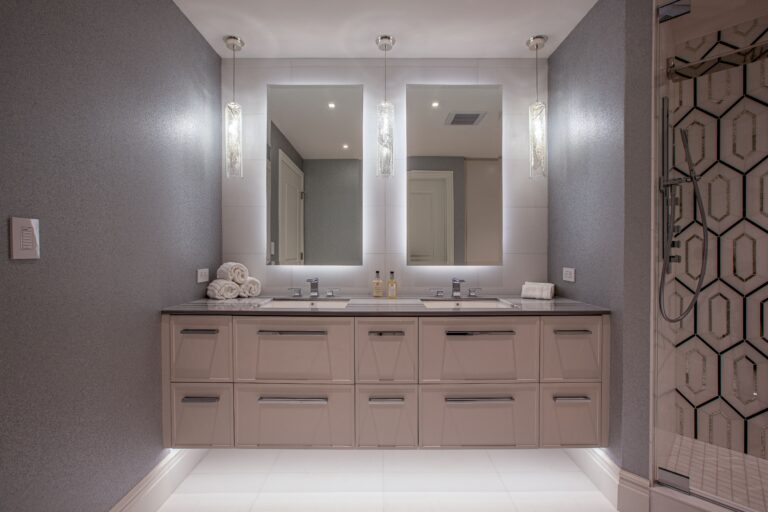
Unlike natural stone, quartz is non-porous, making it resistant to stains and scratches. This is a crucial factor to consider for a bathroom vanity, as it is often exposed to makeup, hair products, and other potentially damaging substances. With quartz, you won't have to worry about constant maintenance or unsightly stains on your vanity. It is also resistant to scratches, so you won't have to worry about accidental nicks or cuts from daily use.
Color and Design Options

Quartz offers a wide range of color and design options to suit any style or taste. It is available in a variety of colors, from neutral tones to bold, vibrant hues. It can also mimic the look of natural stone, such as marble or granite, without the high maintenance and cost. This allows you to customize your bathroom vanity to your personal style and the overall design of your bathroom.
Low Maintenance
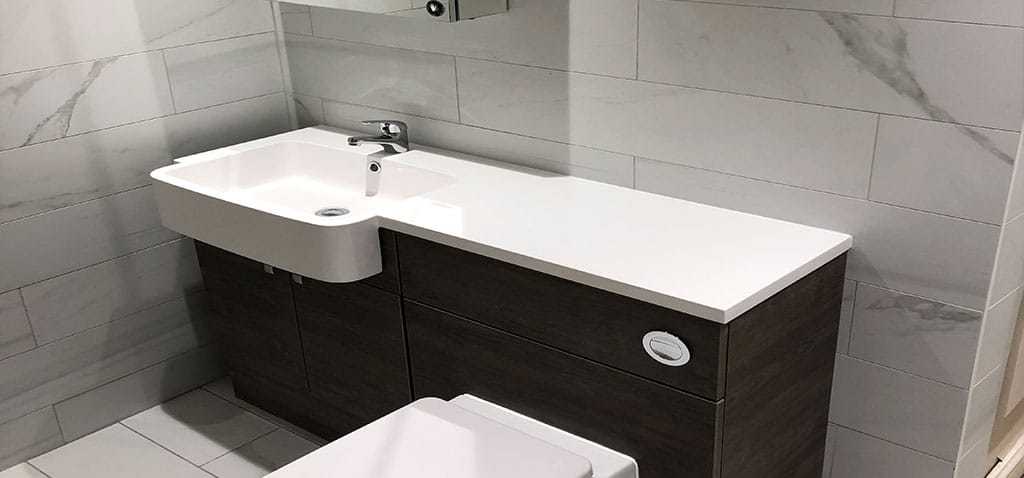
One of the biggest advantages of quartz is its low maintenance. Unlike natural stone, quartz does not require sealing or regular resealing to maintain its appearance and durability. It is also easy to clean with just soap and water, making it a practical choice for a busy bathroom.
Conclusion

In conclusion, when it comes to choosing the best material for your bathroom vanity, quartz is the clear winner. Its strength, durability, resistance to stains and scratches, color and design options, and low maintenance make it the ideal choice for any bathroom. Upgrade your bathroom with a quartz vanity and enjoy its beauty and functionality for years to come.



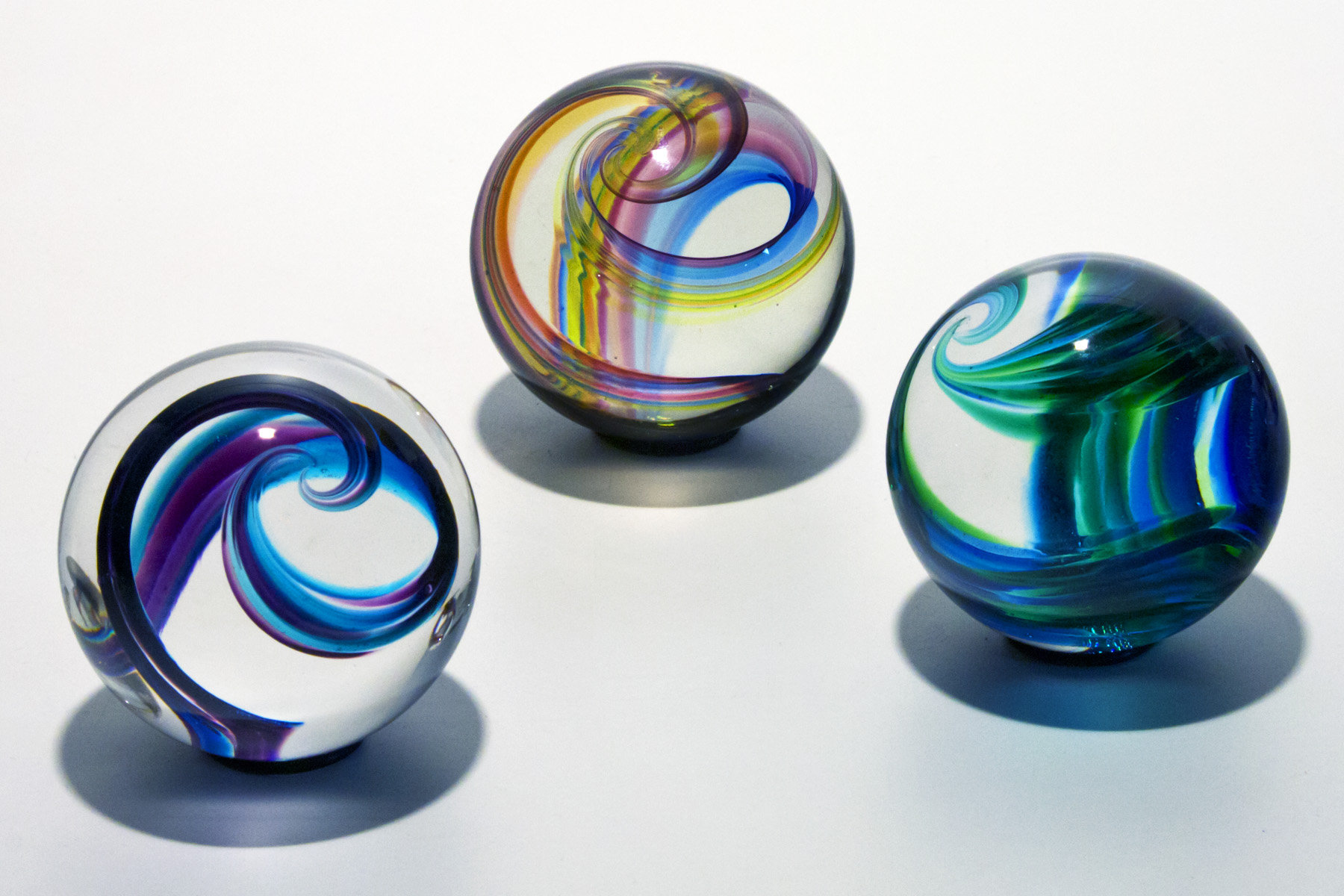
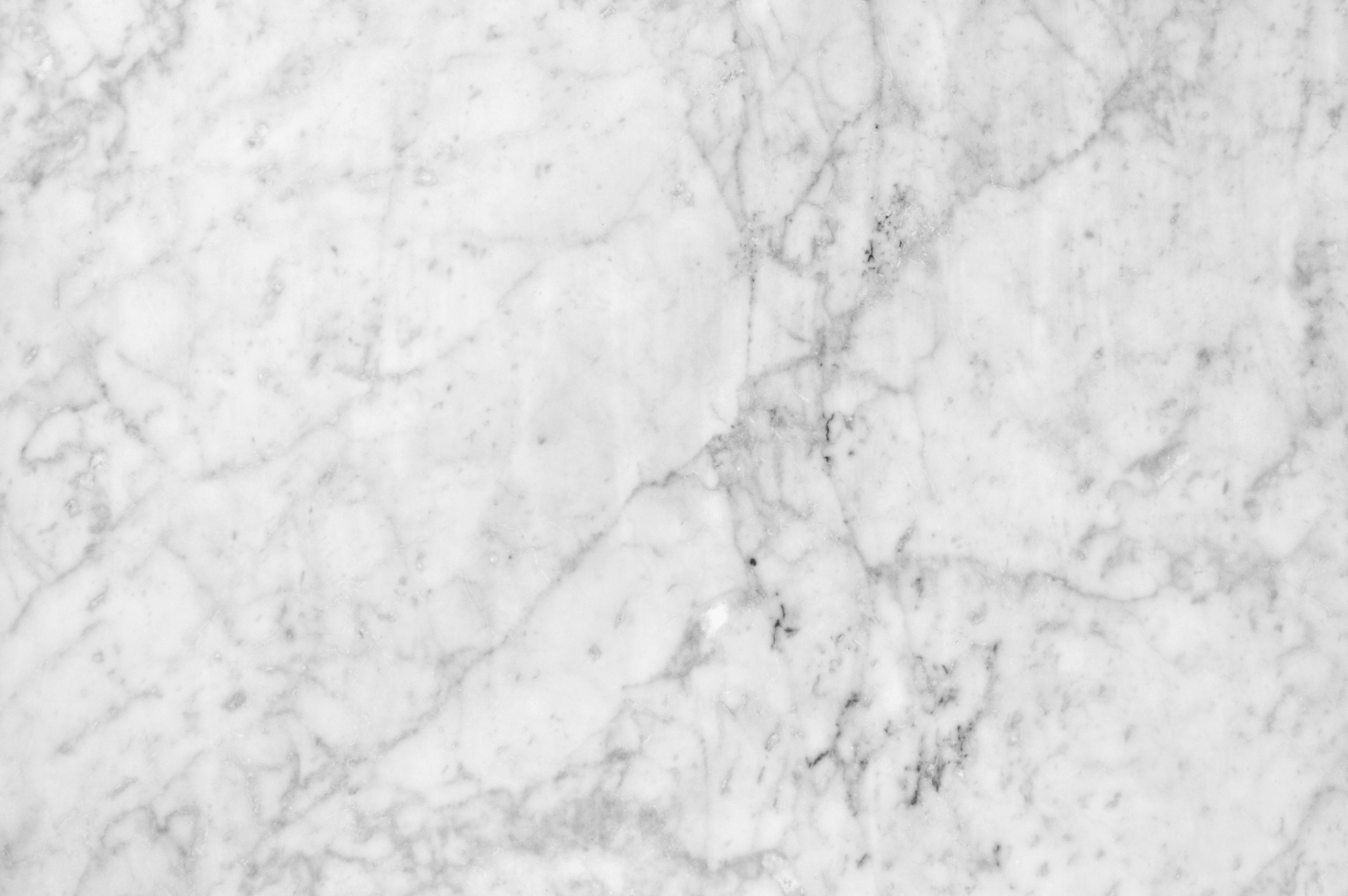
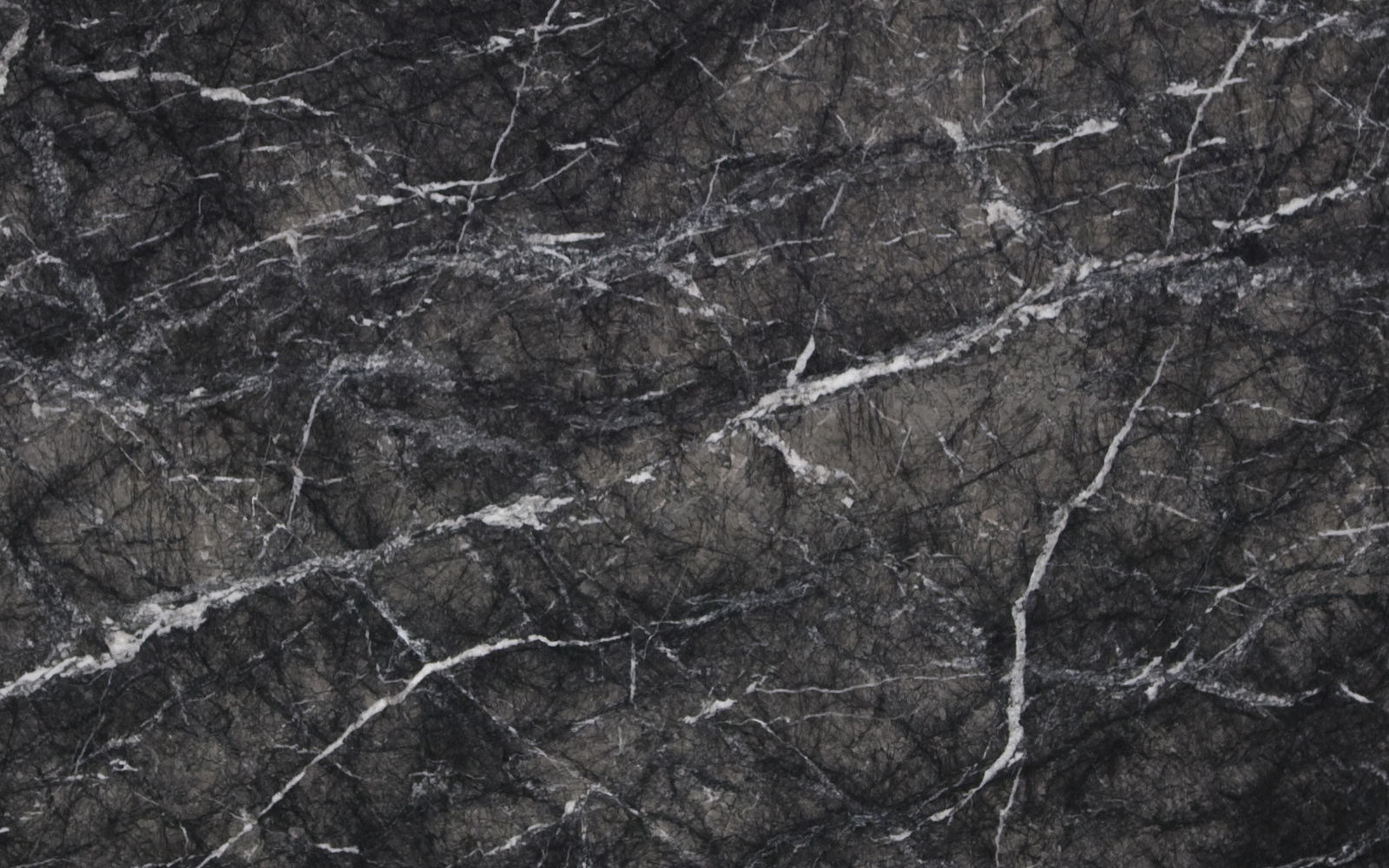



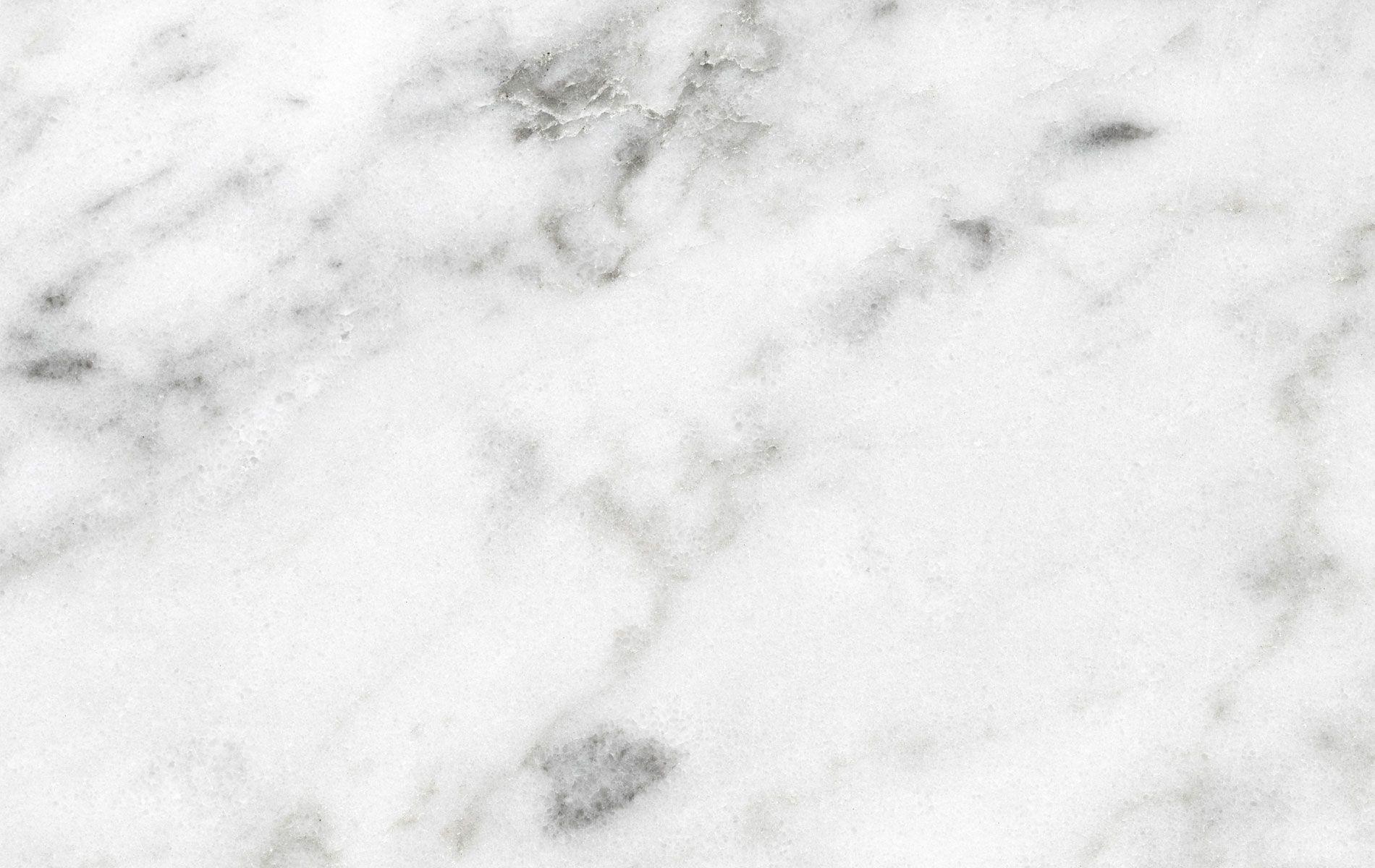
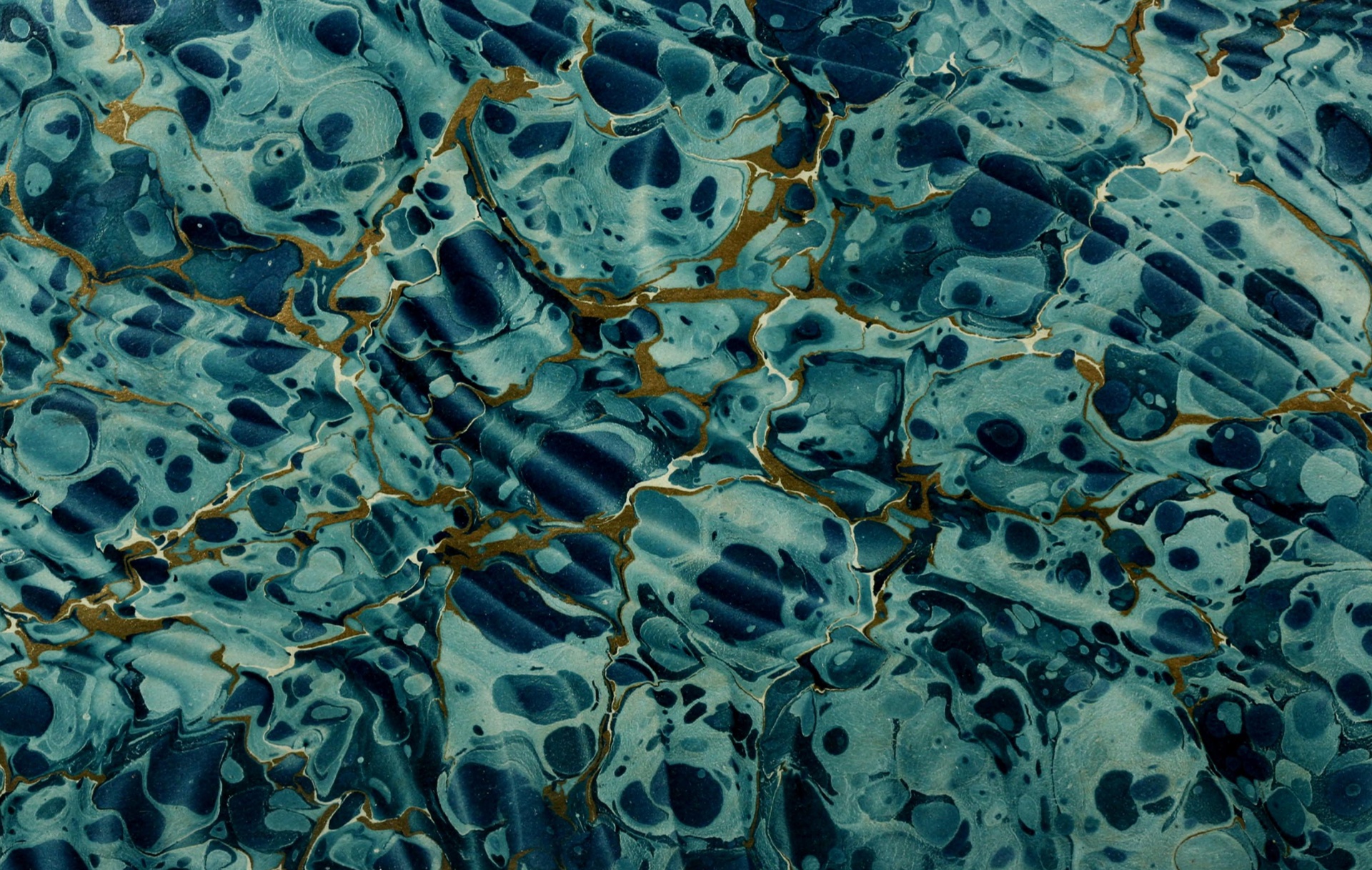

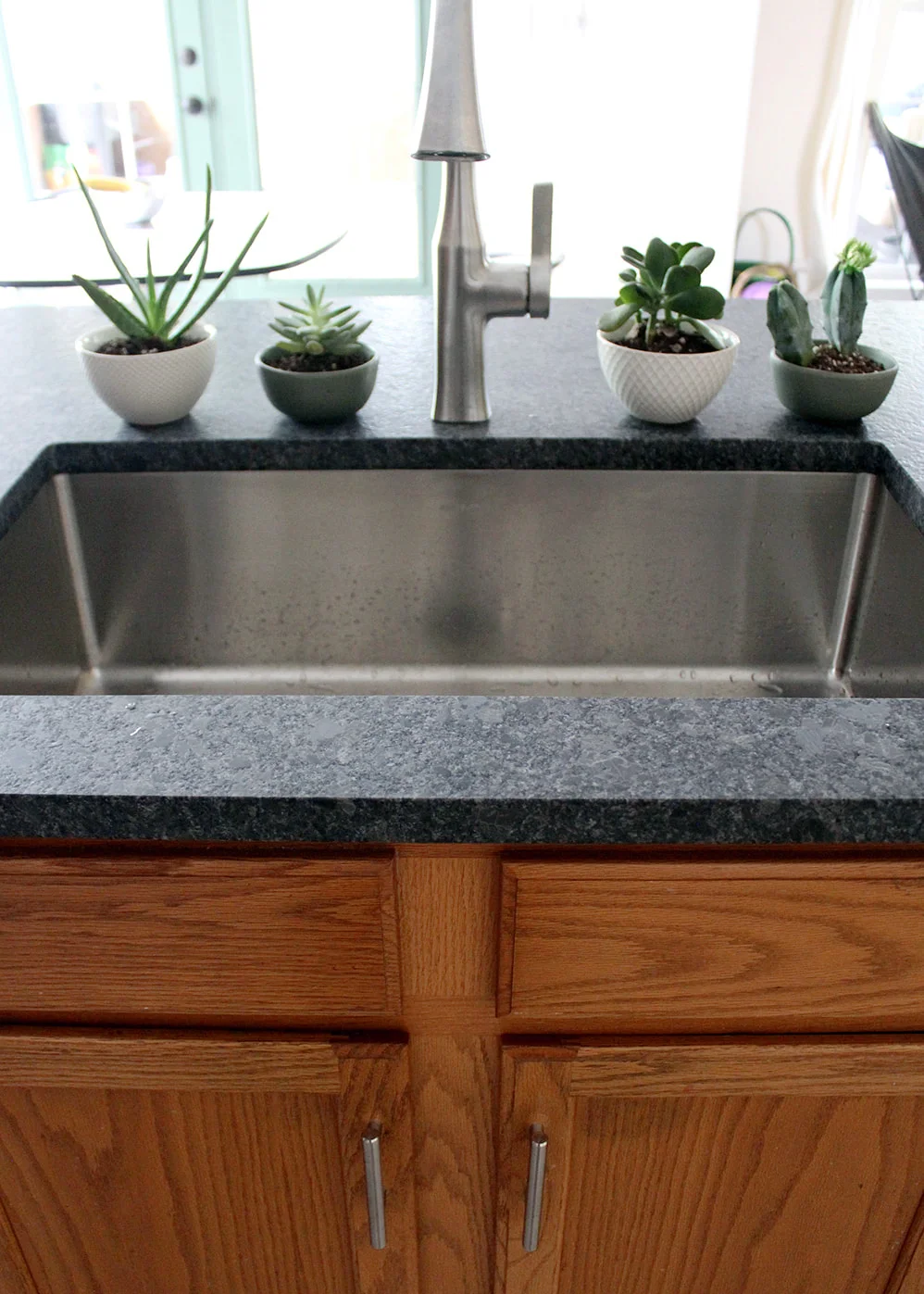
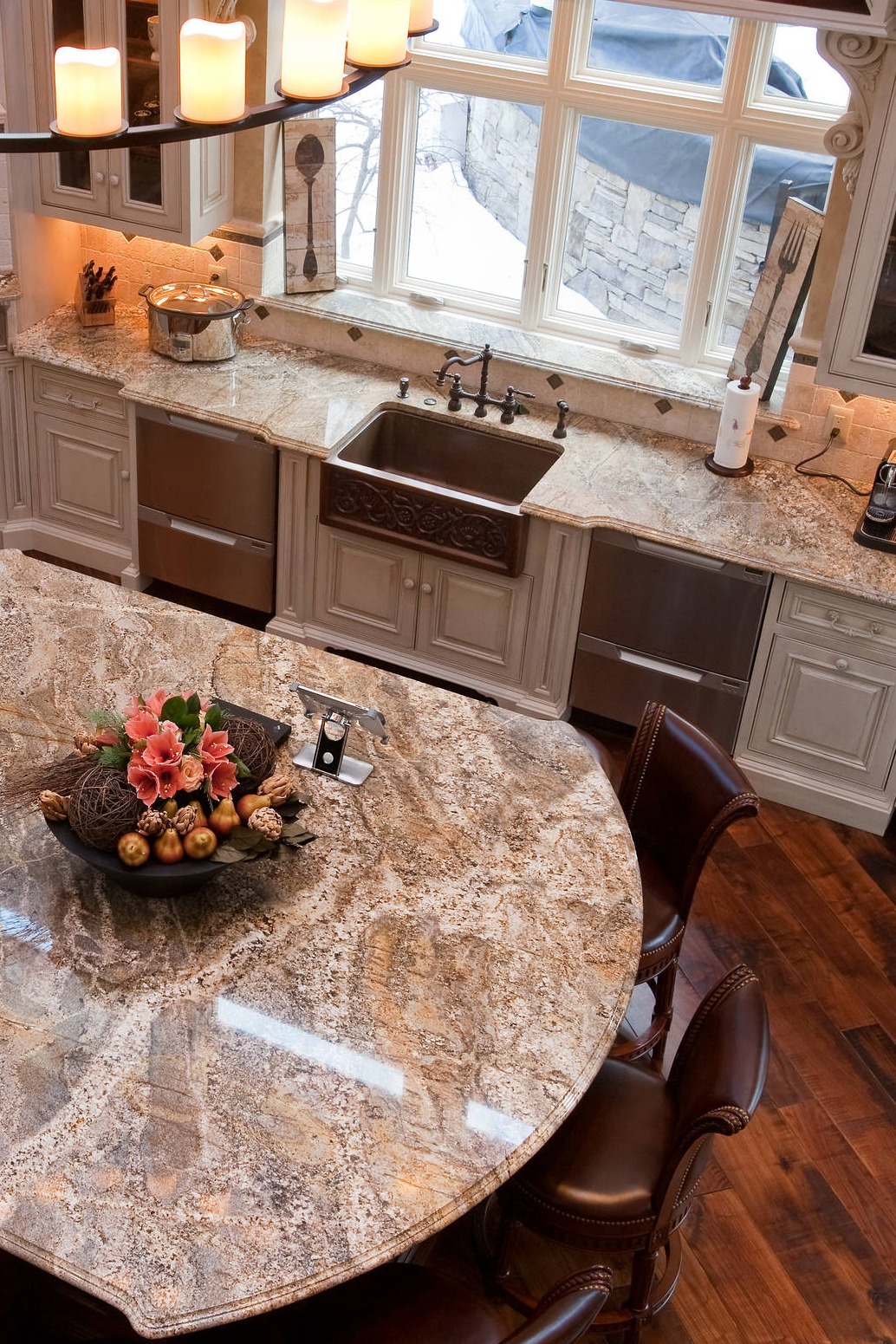
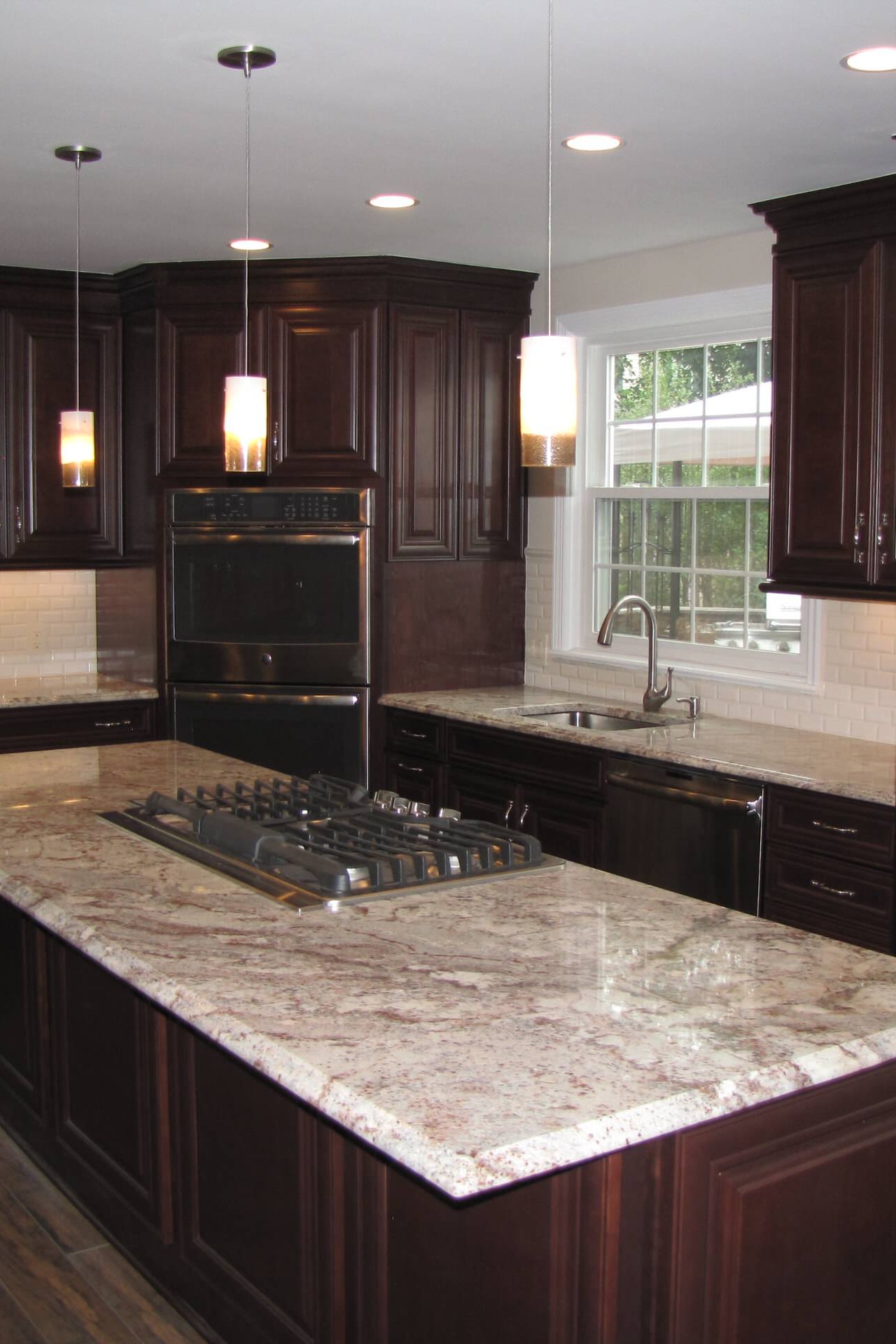


/Granite-Countertop-58c568523df78c353cfebca3.jpg)


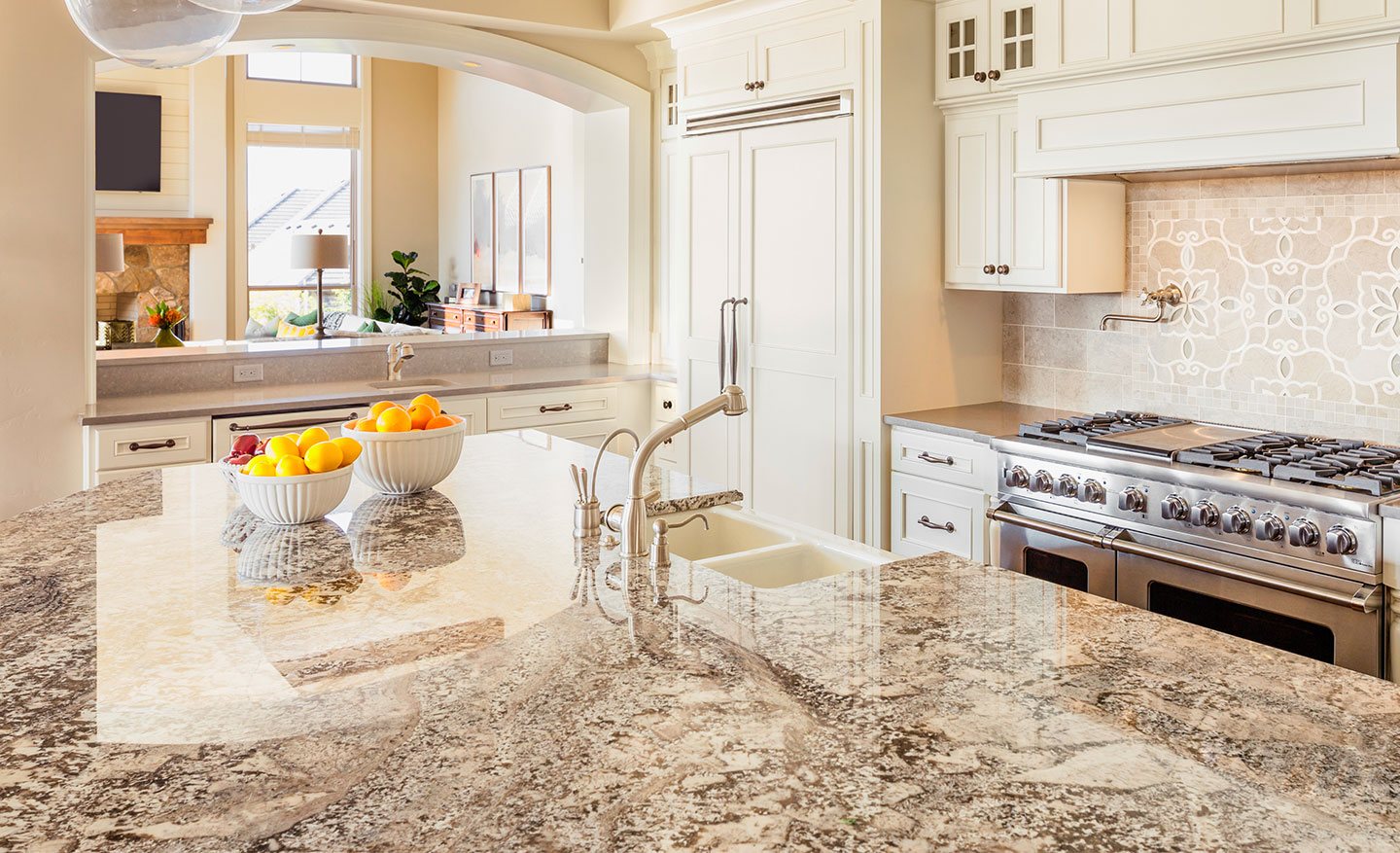



/black-granite-countertops-ideas-57fb717f5f9b586c358525f1.jpg)


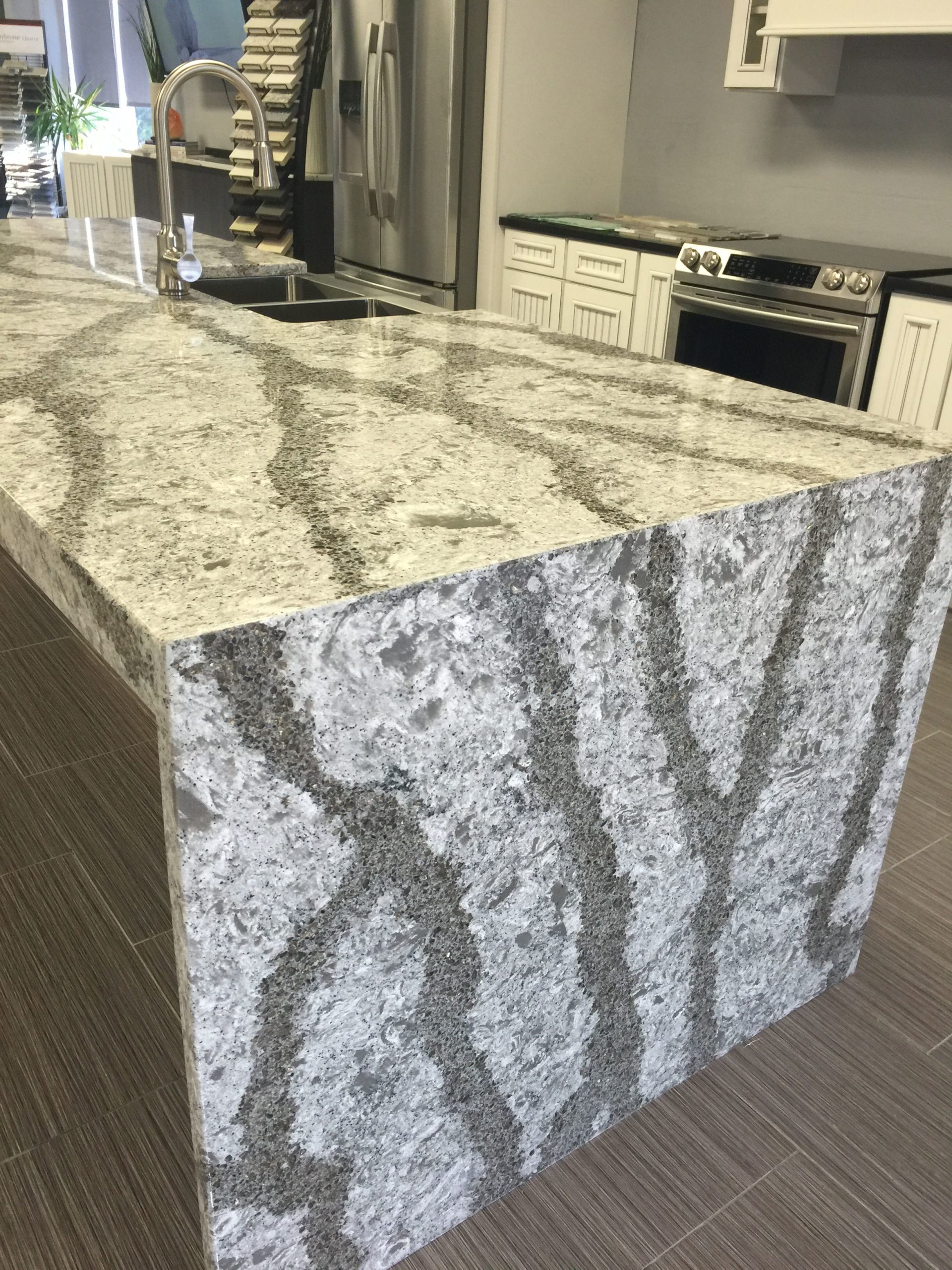
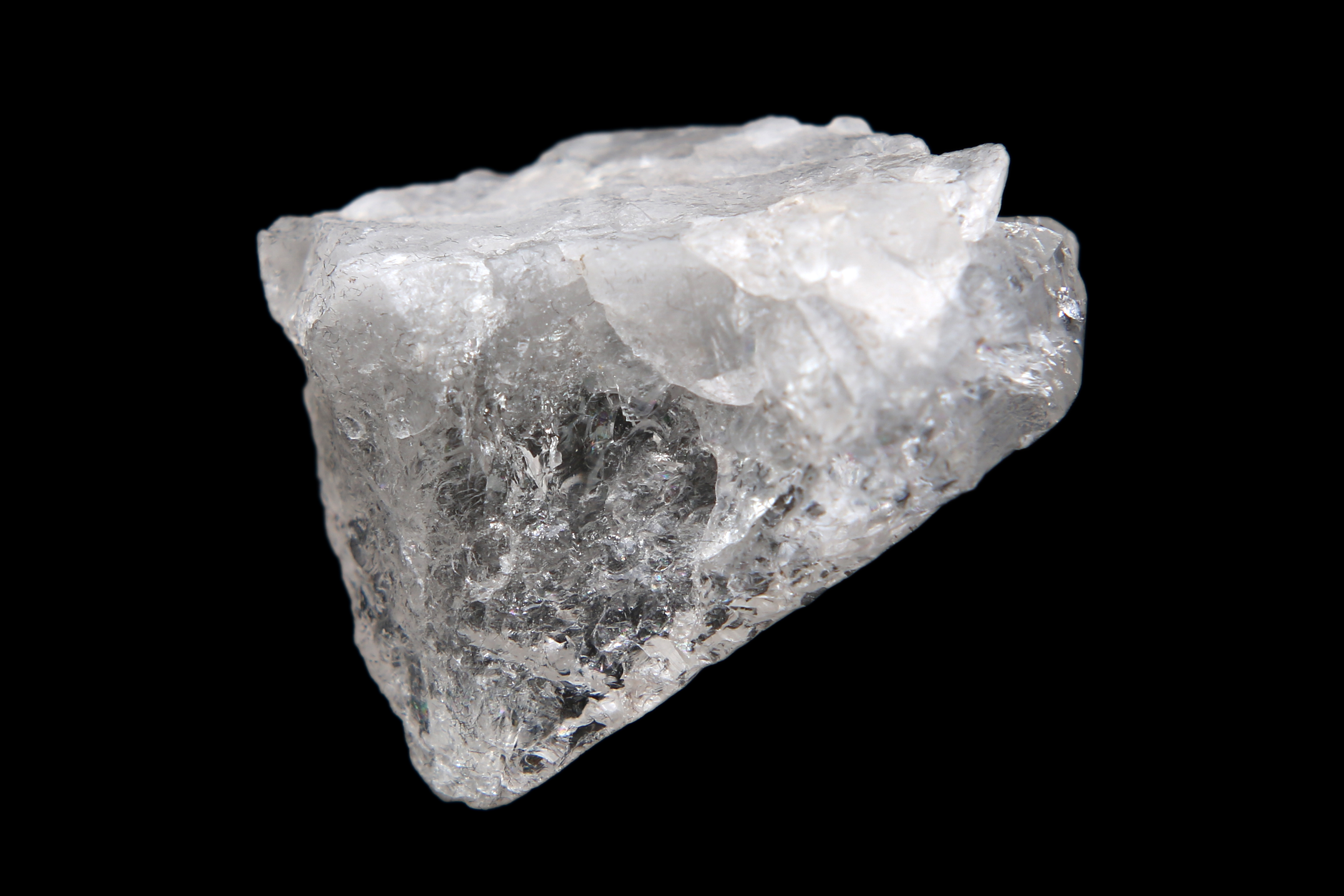
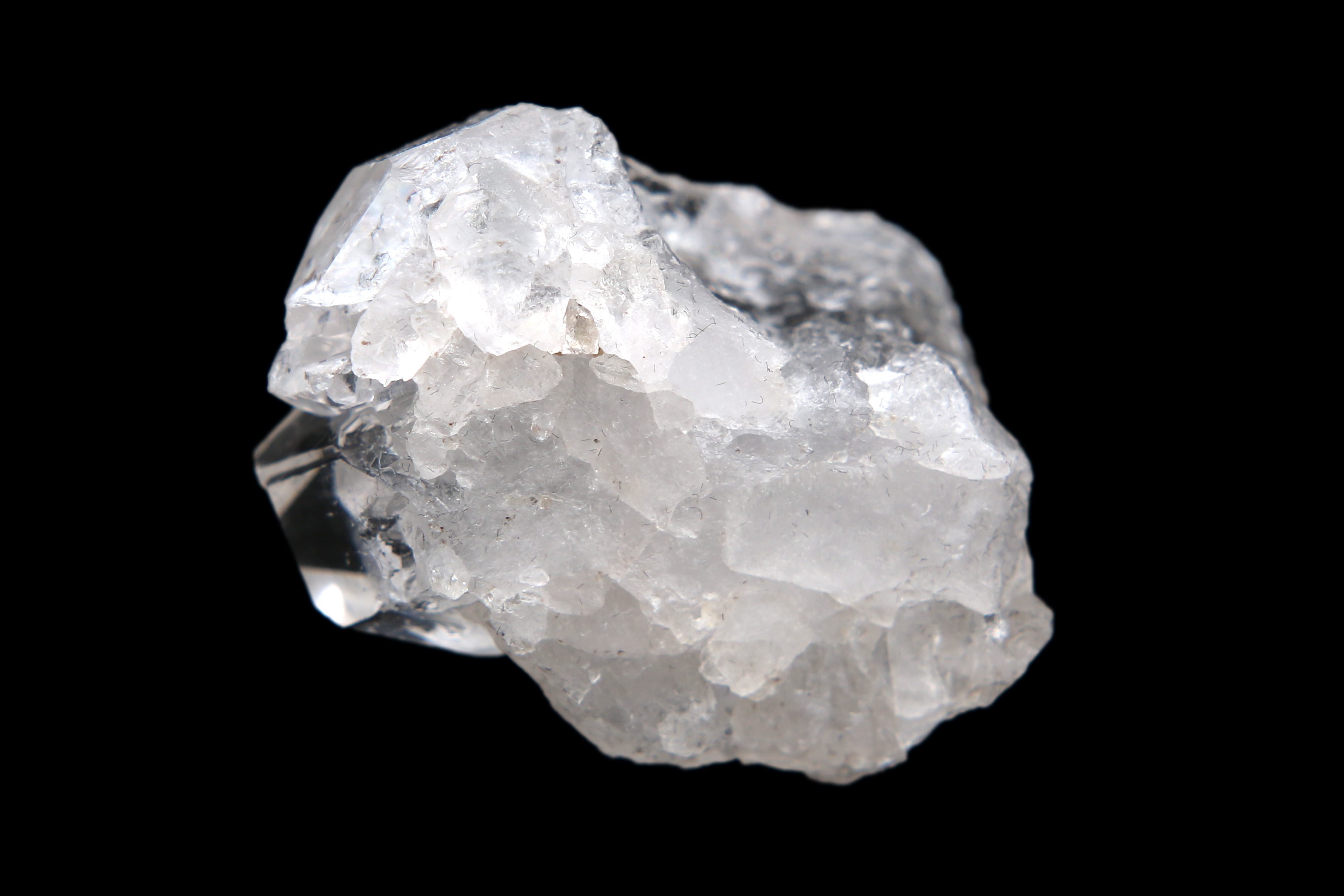
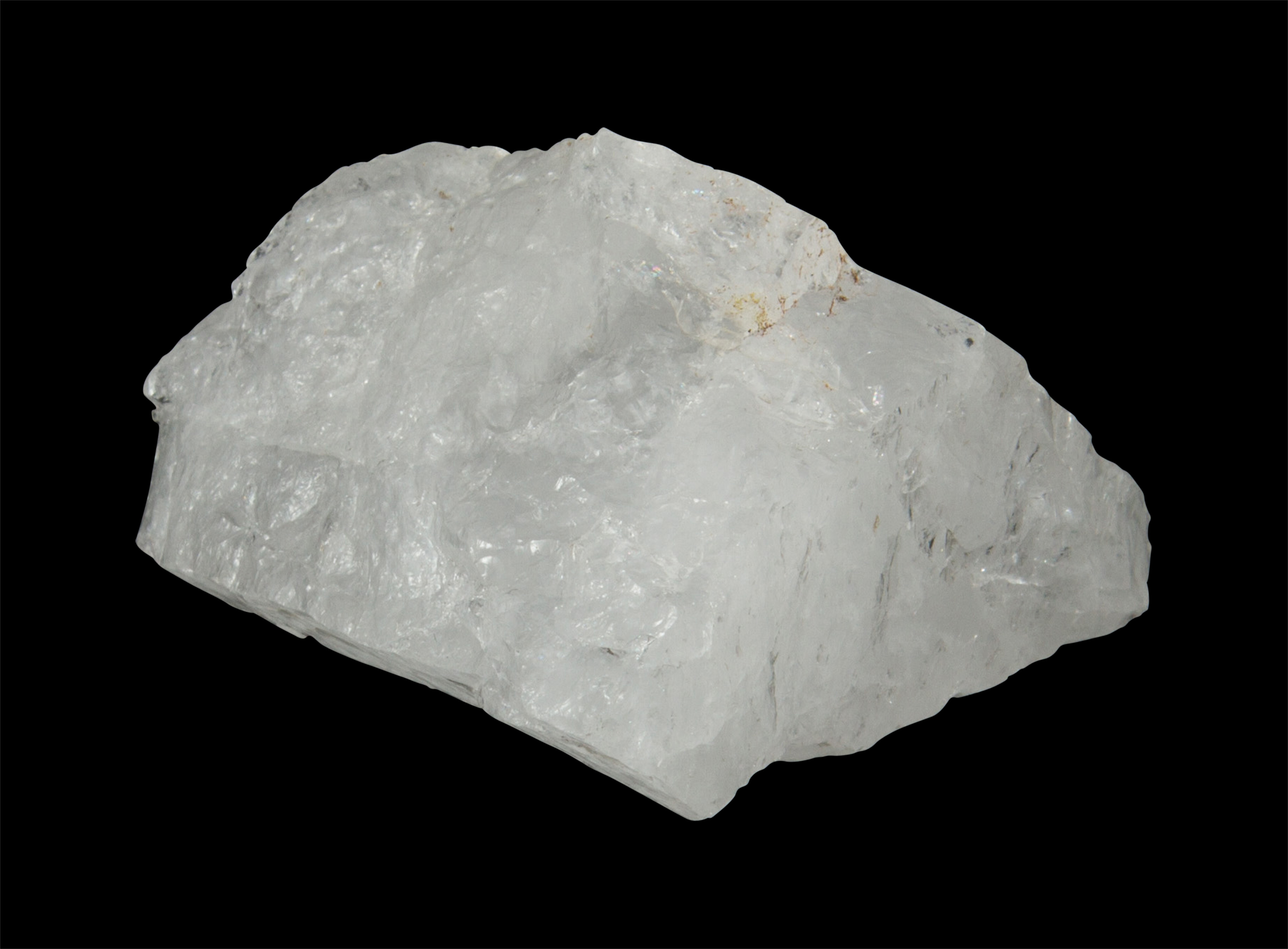
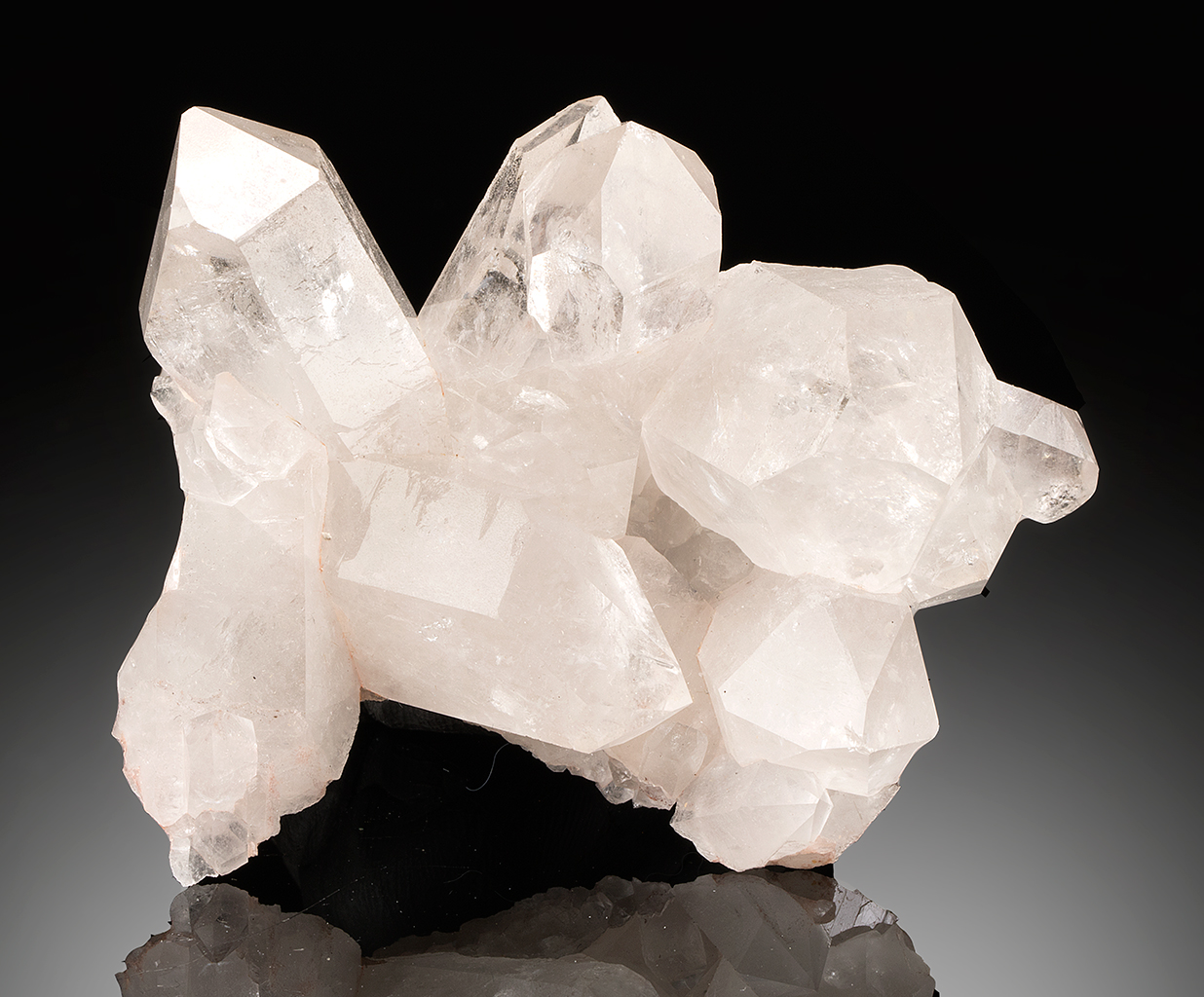
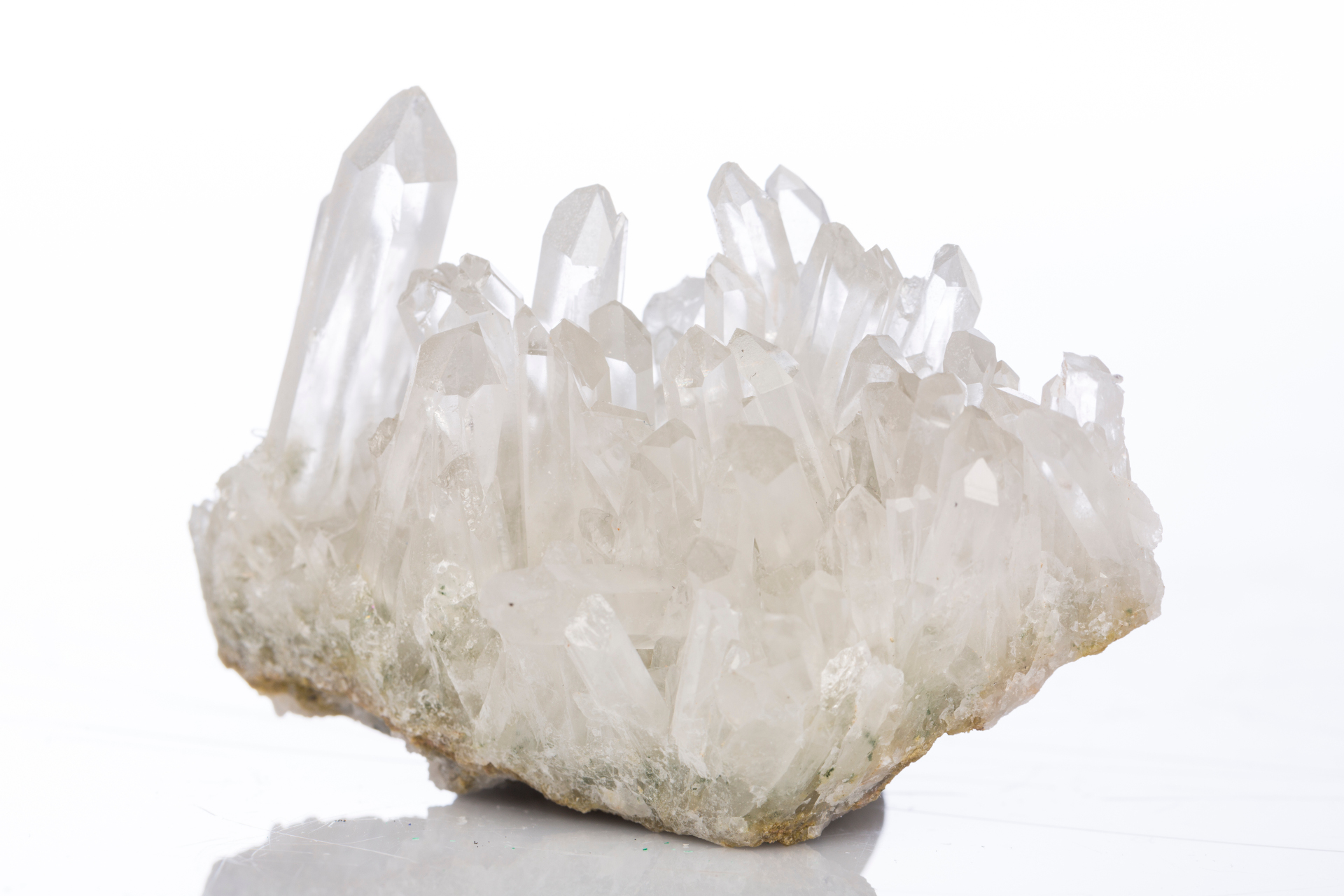
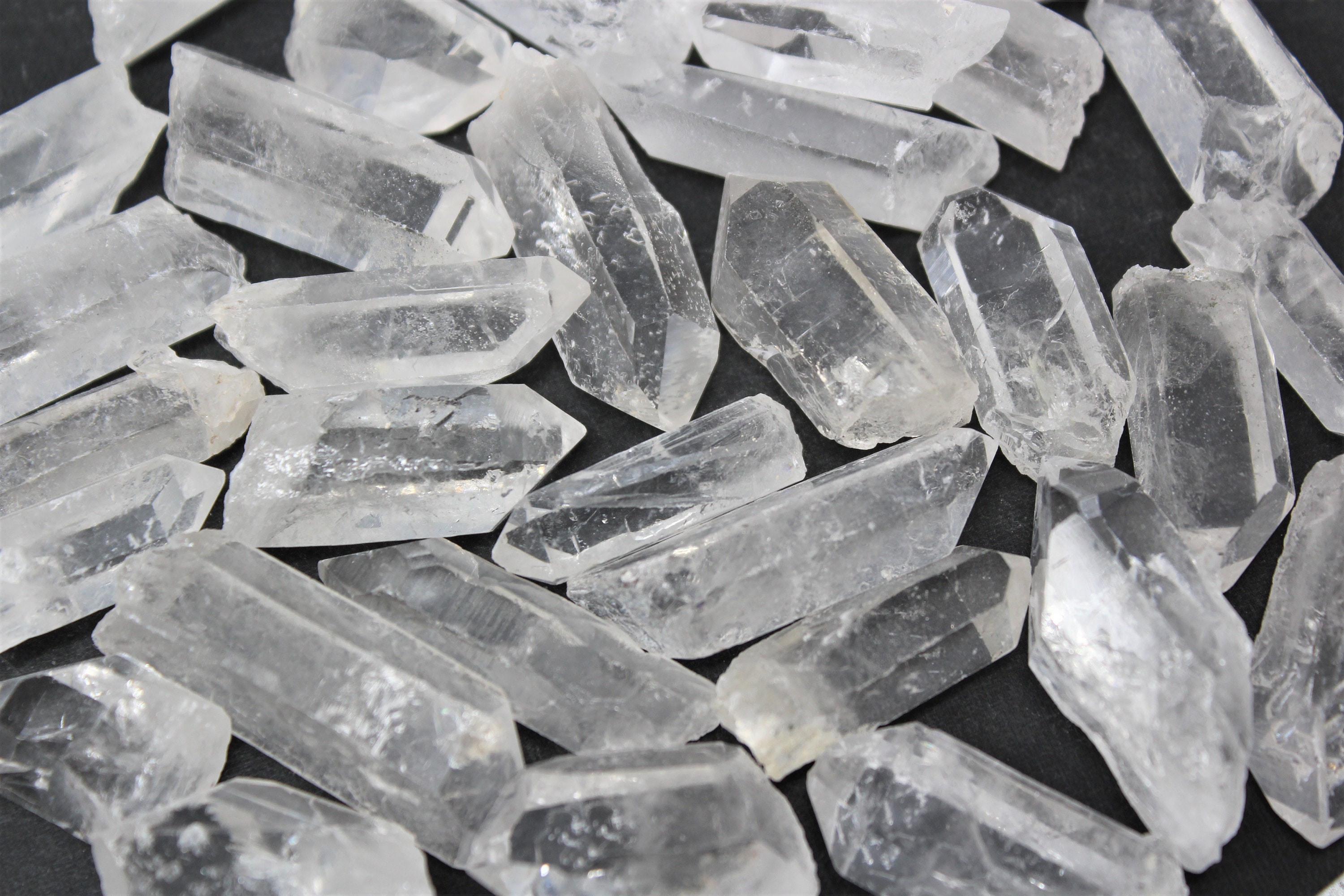
/quartzite-crystal-mineral-sample-studio-shot-with-black-background-972333846-5c7e6525c9e77c0001d19dda.jpg)

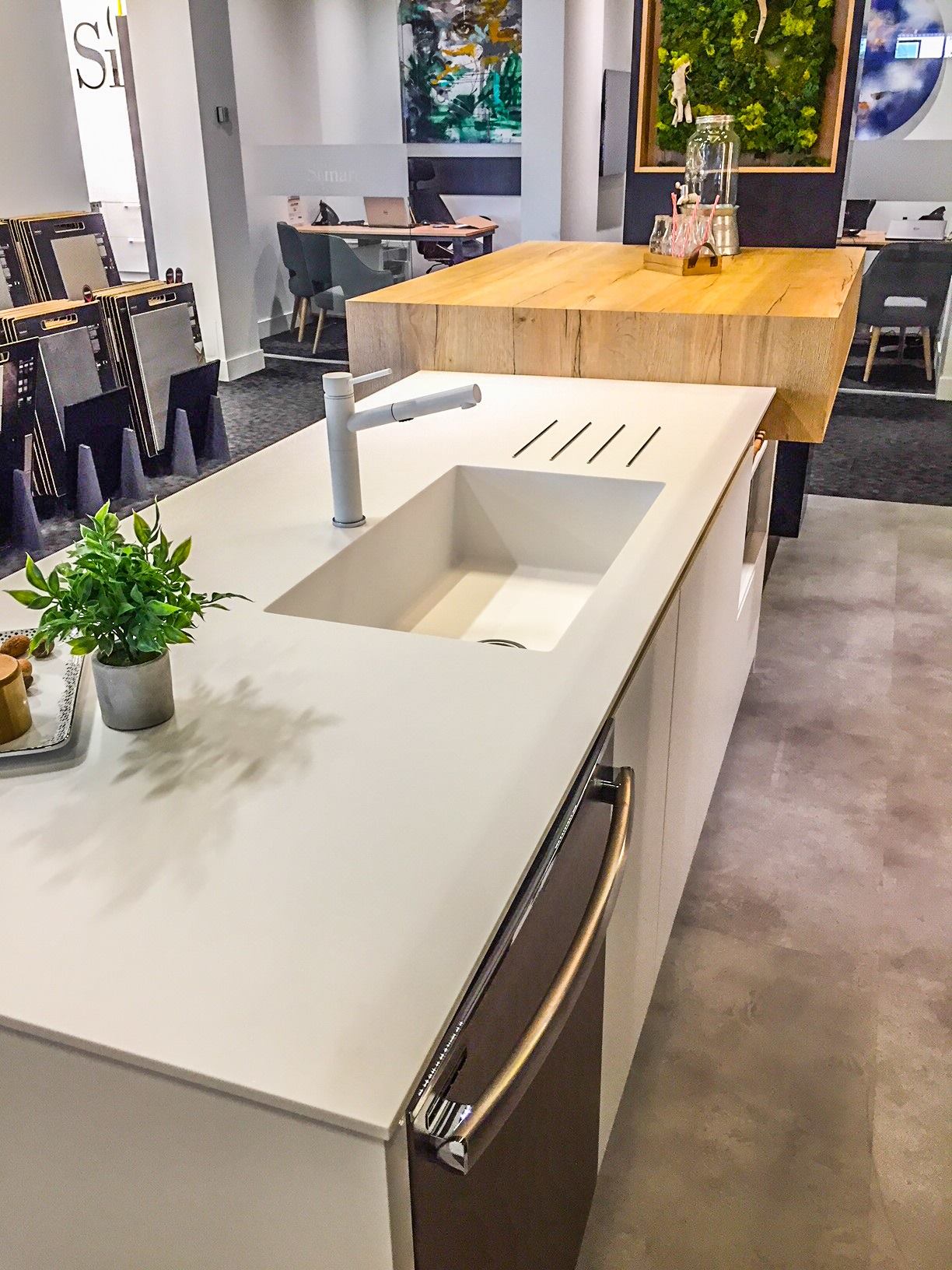
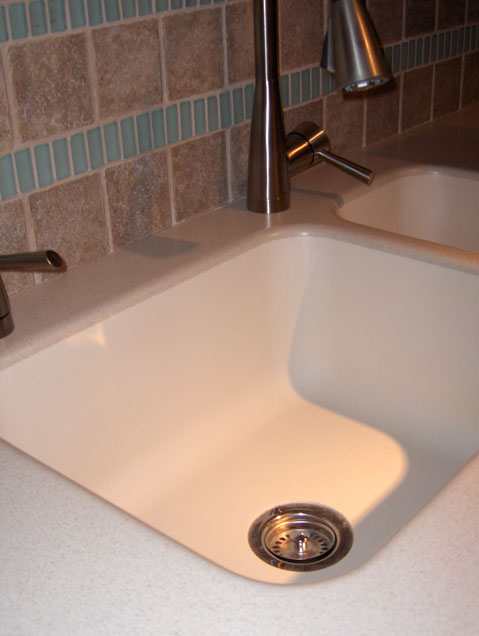

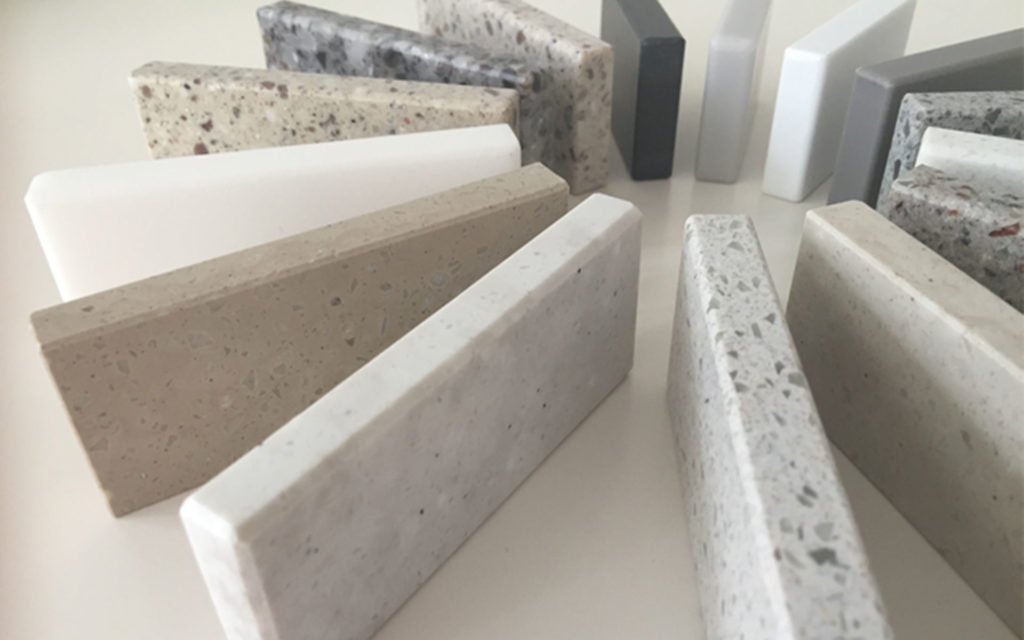
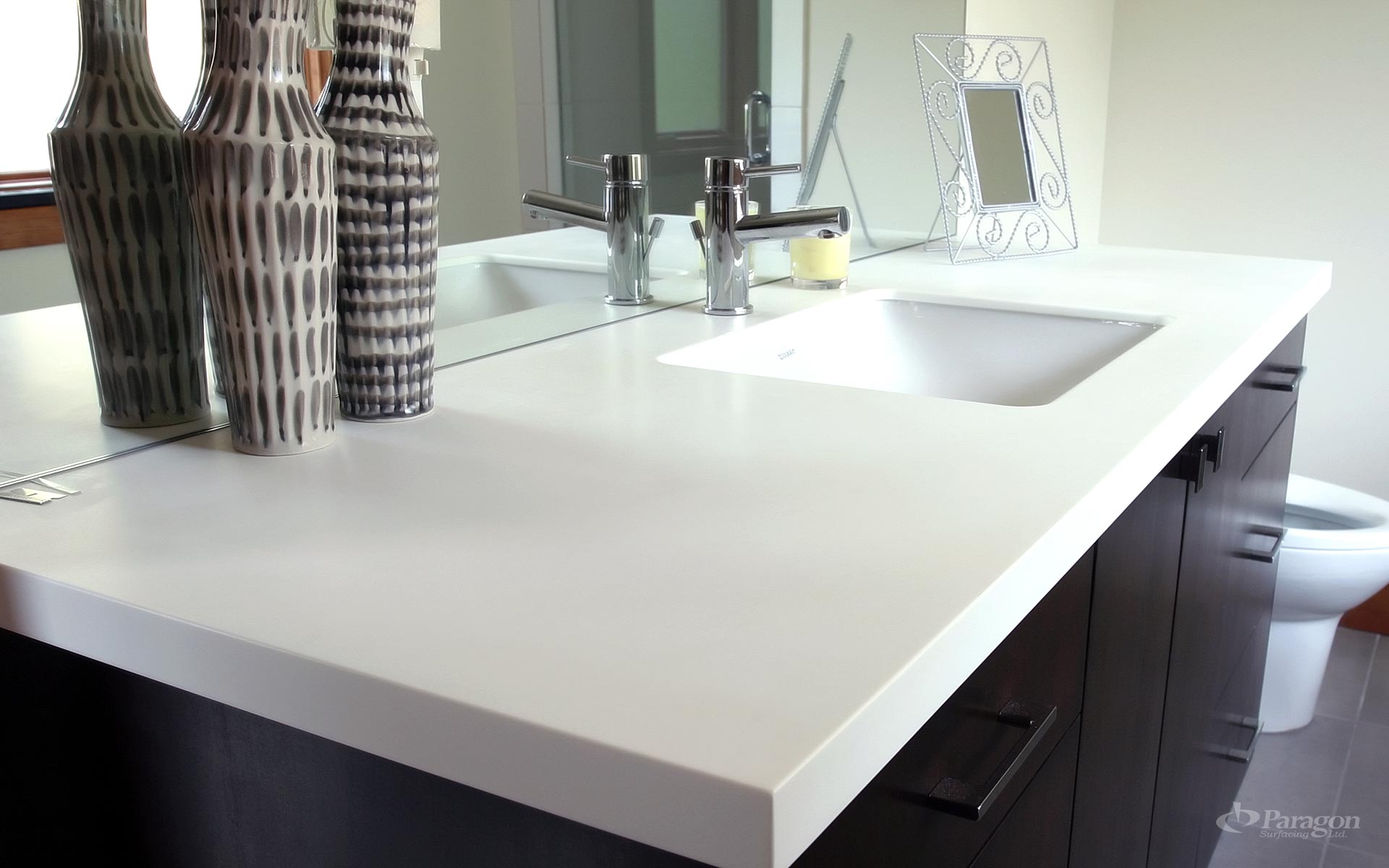




/Bathroomvanity-GettyImages-484490250-cdfaa72bc448469a8381b42080fa56ca.jpg)
